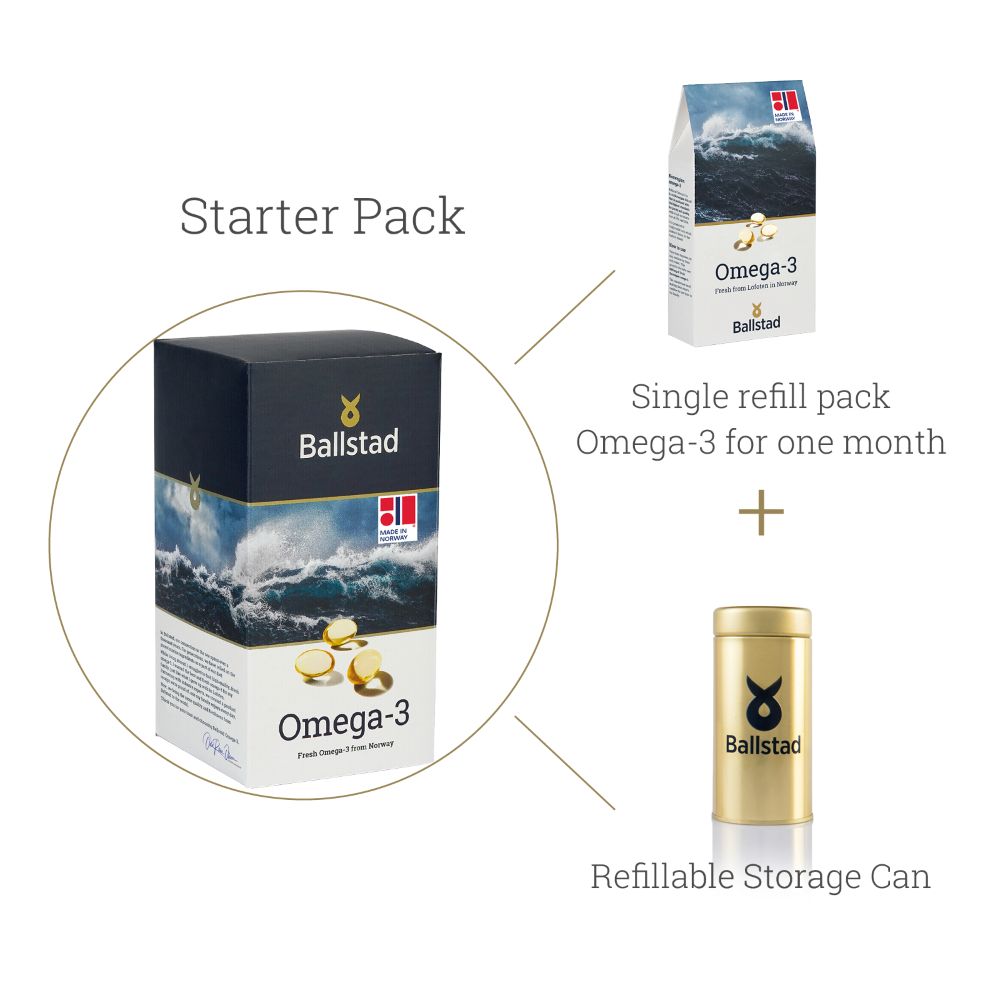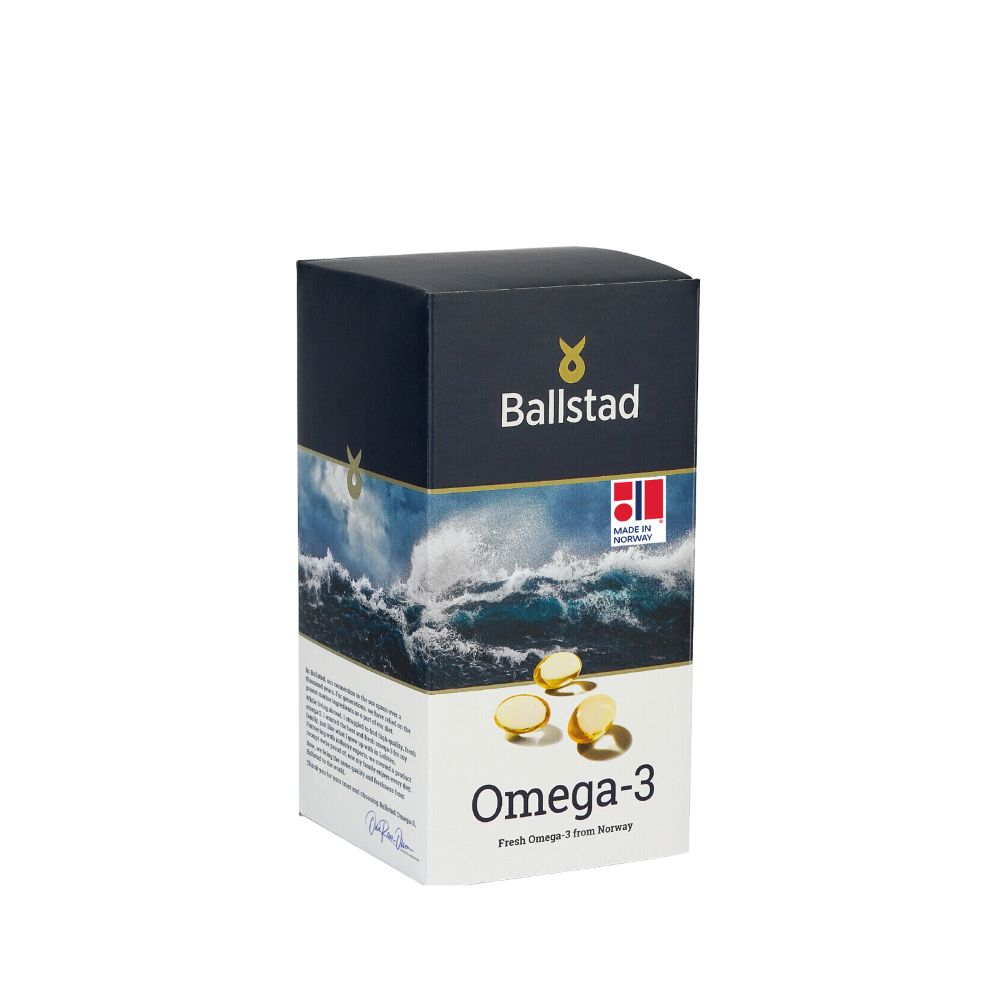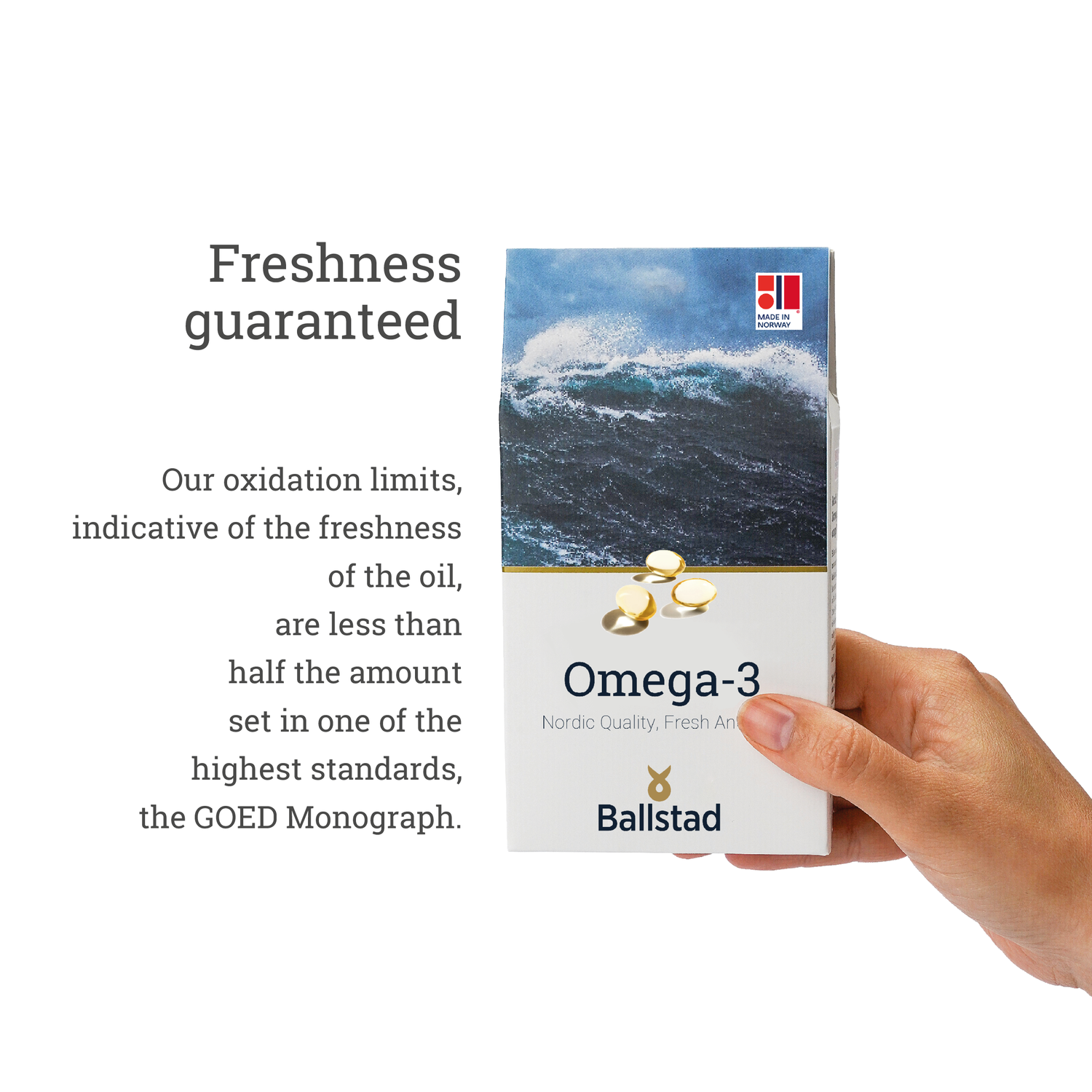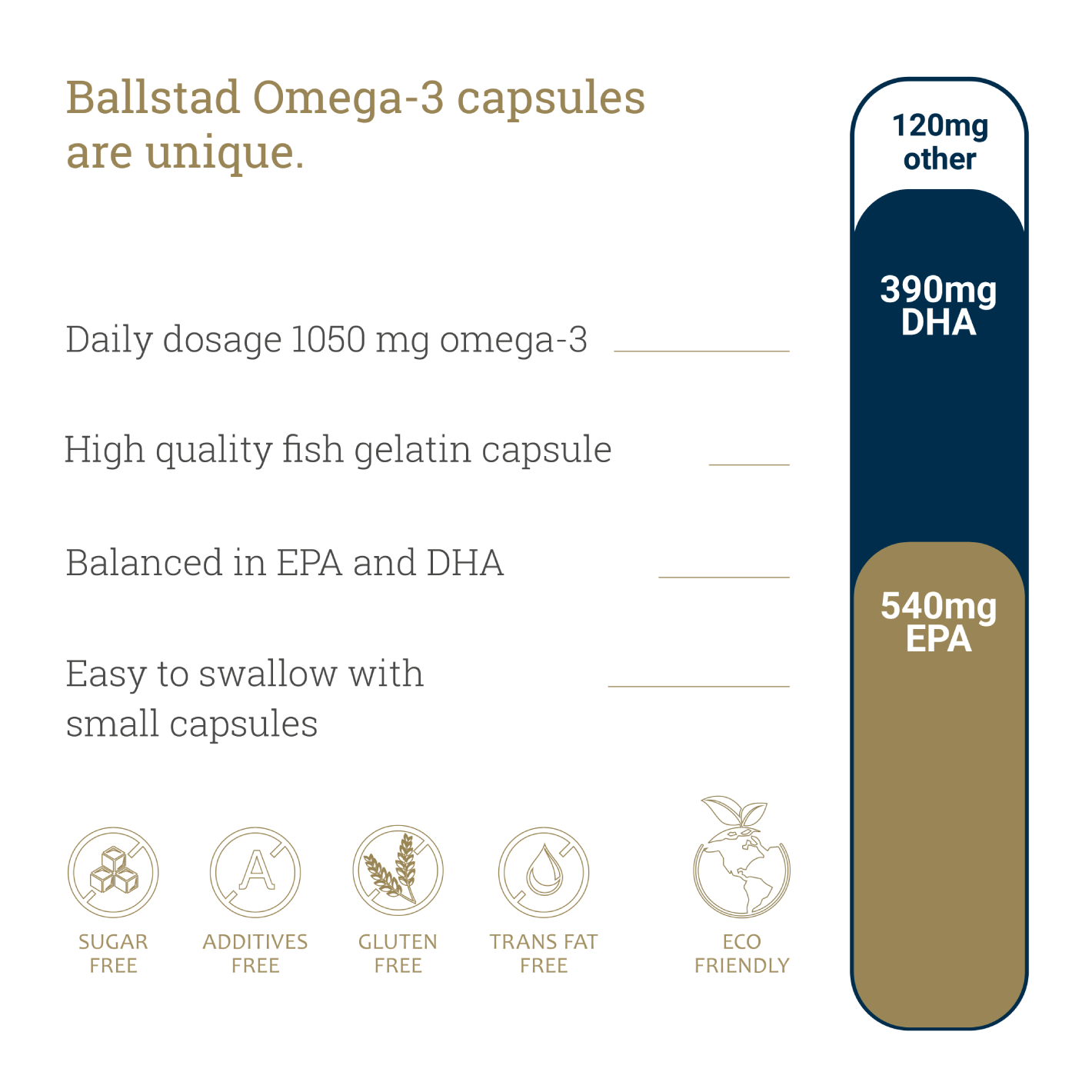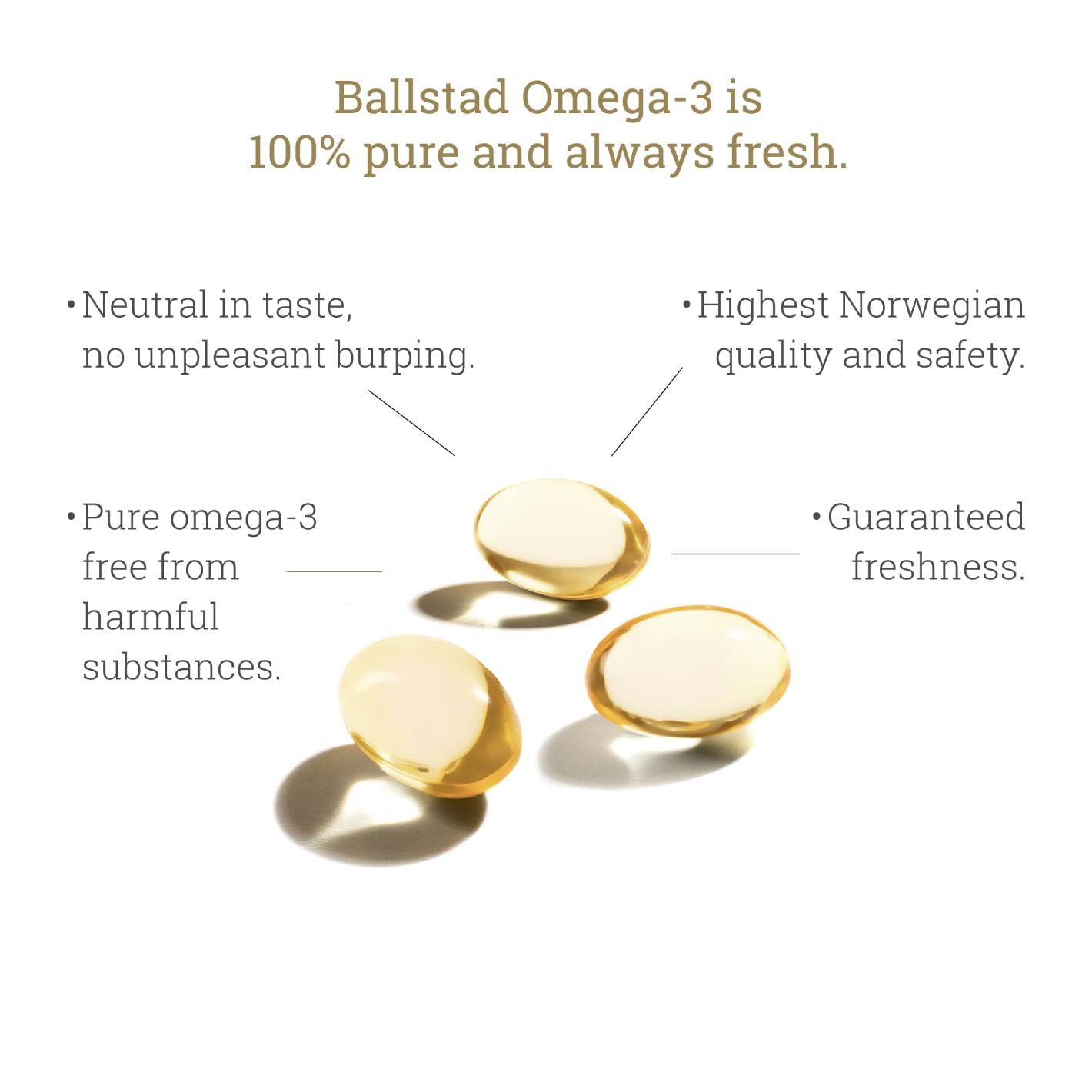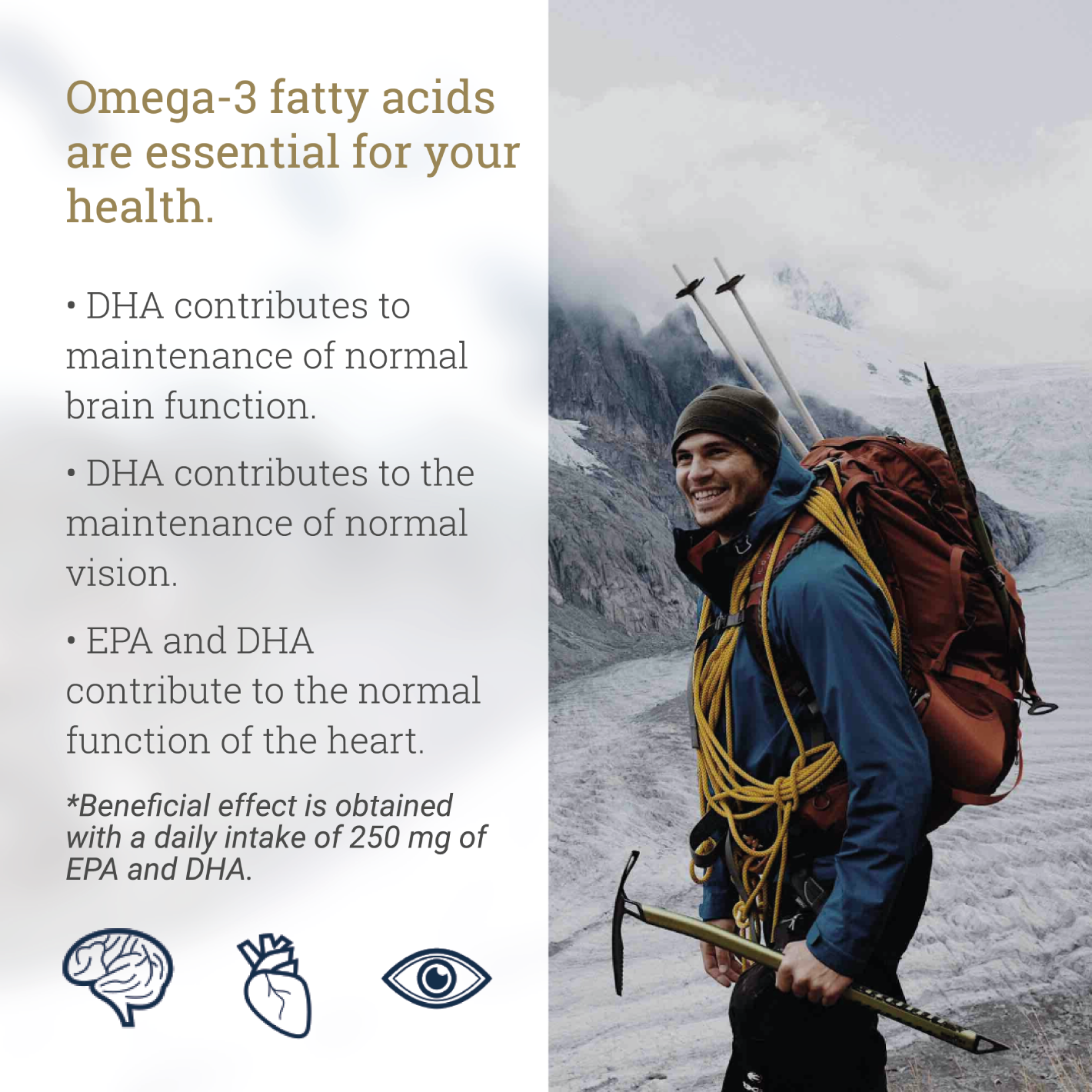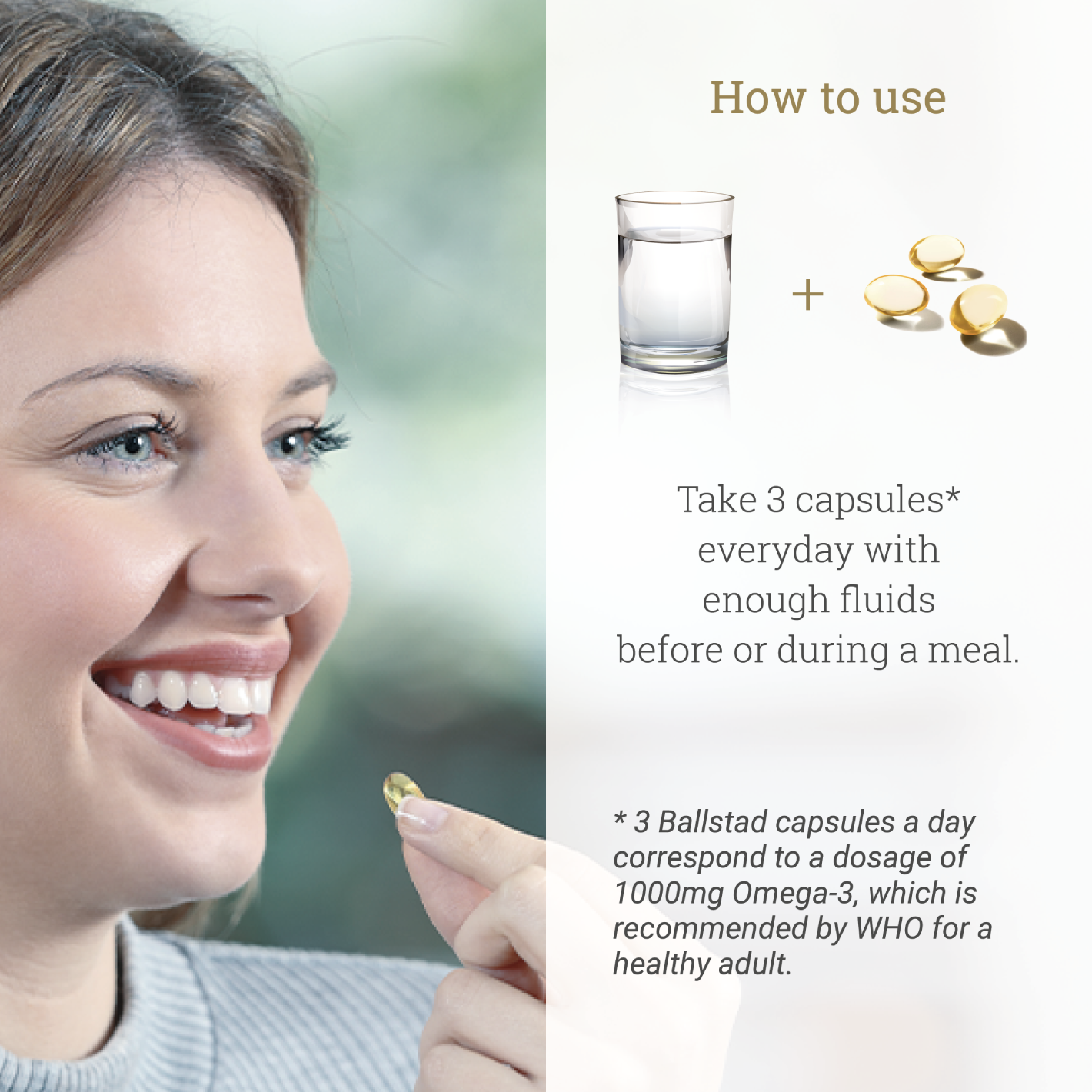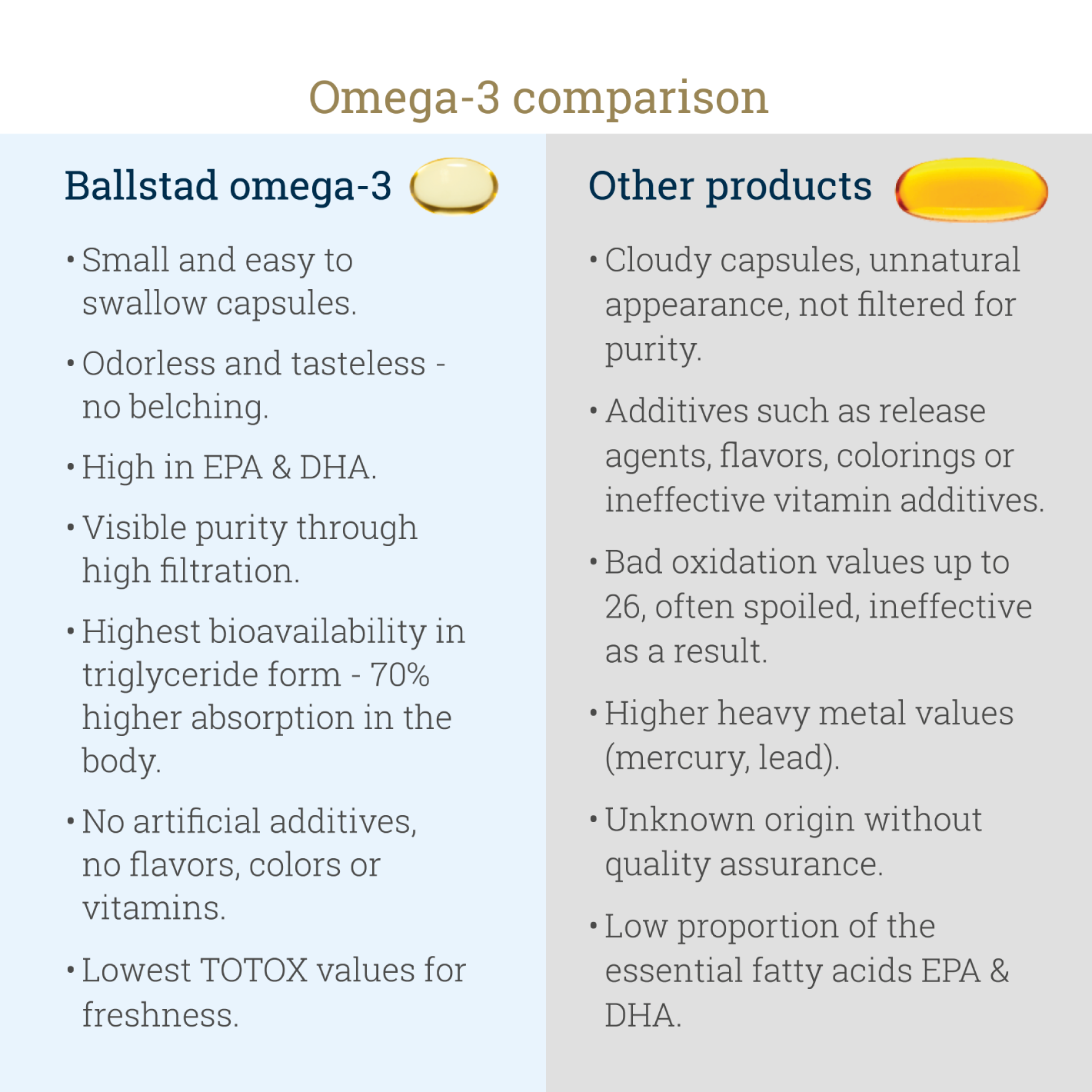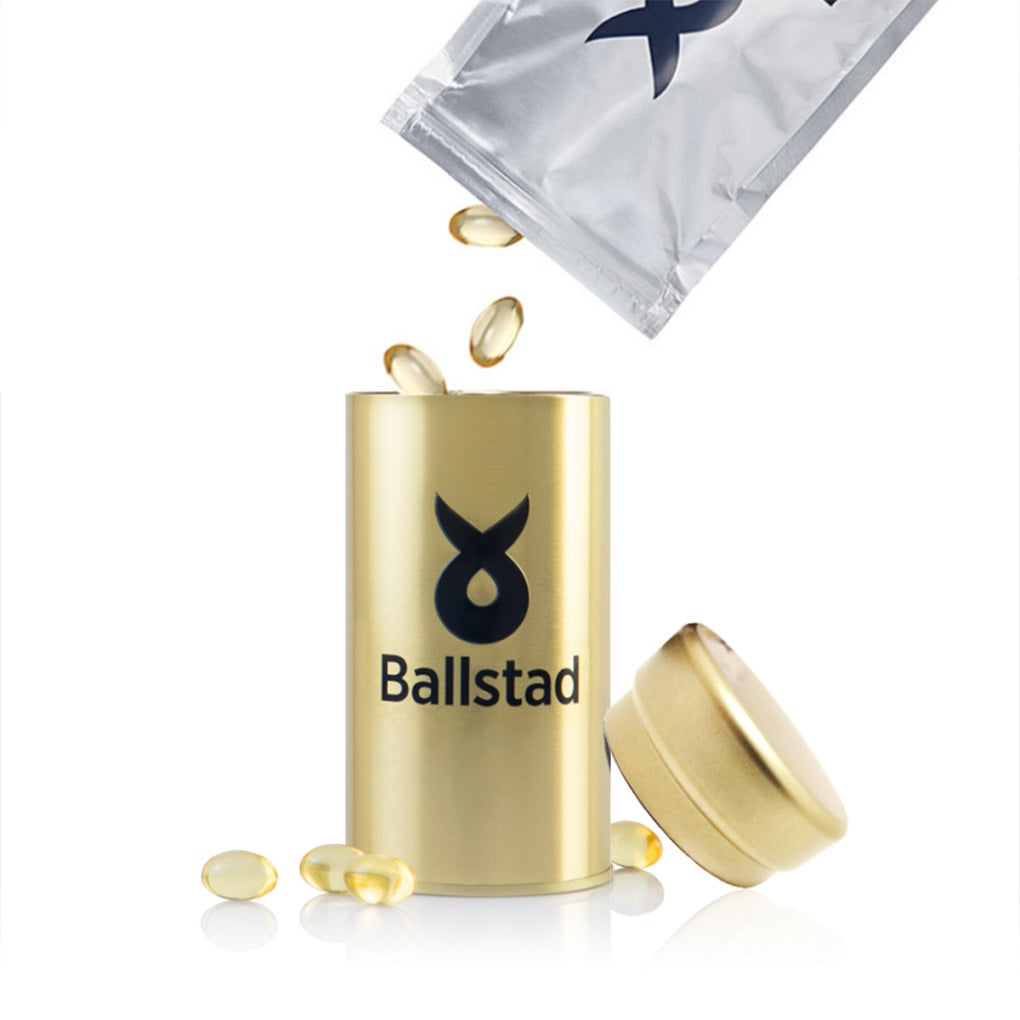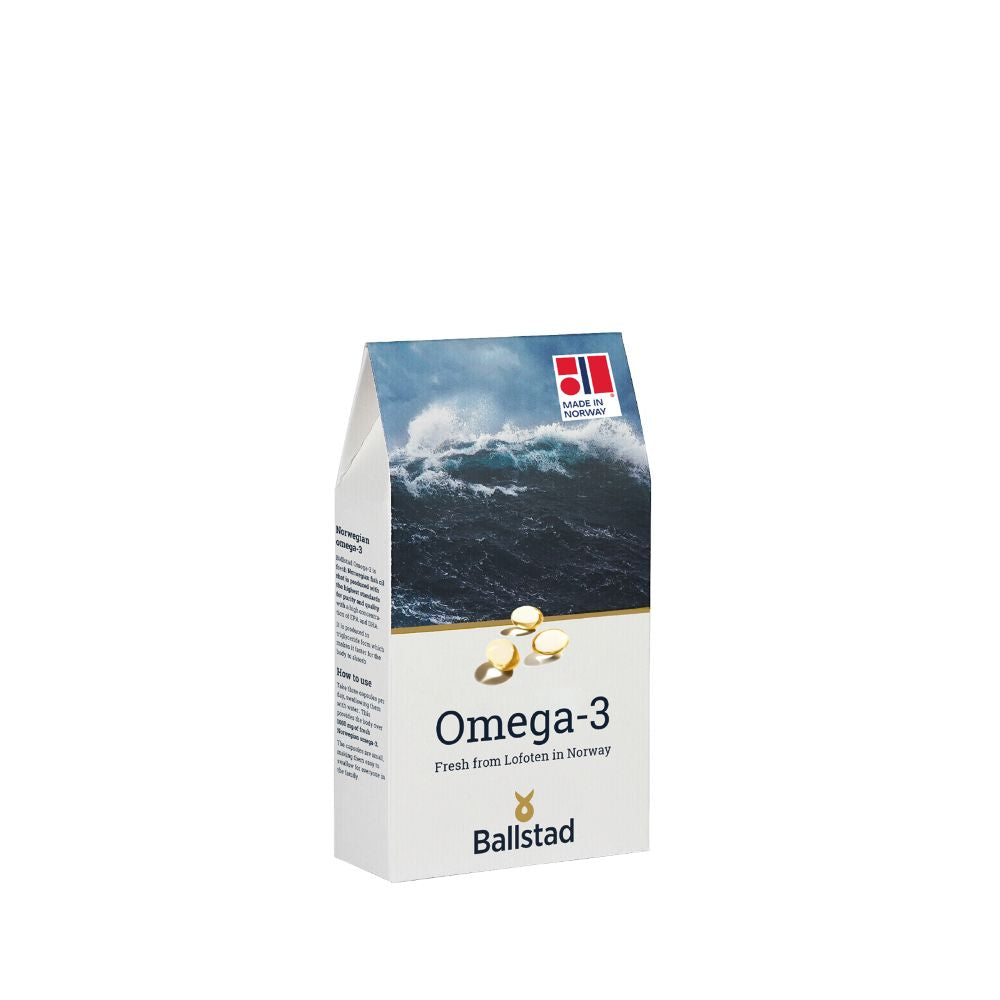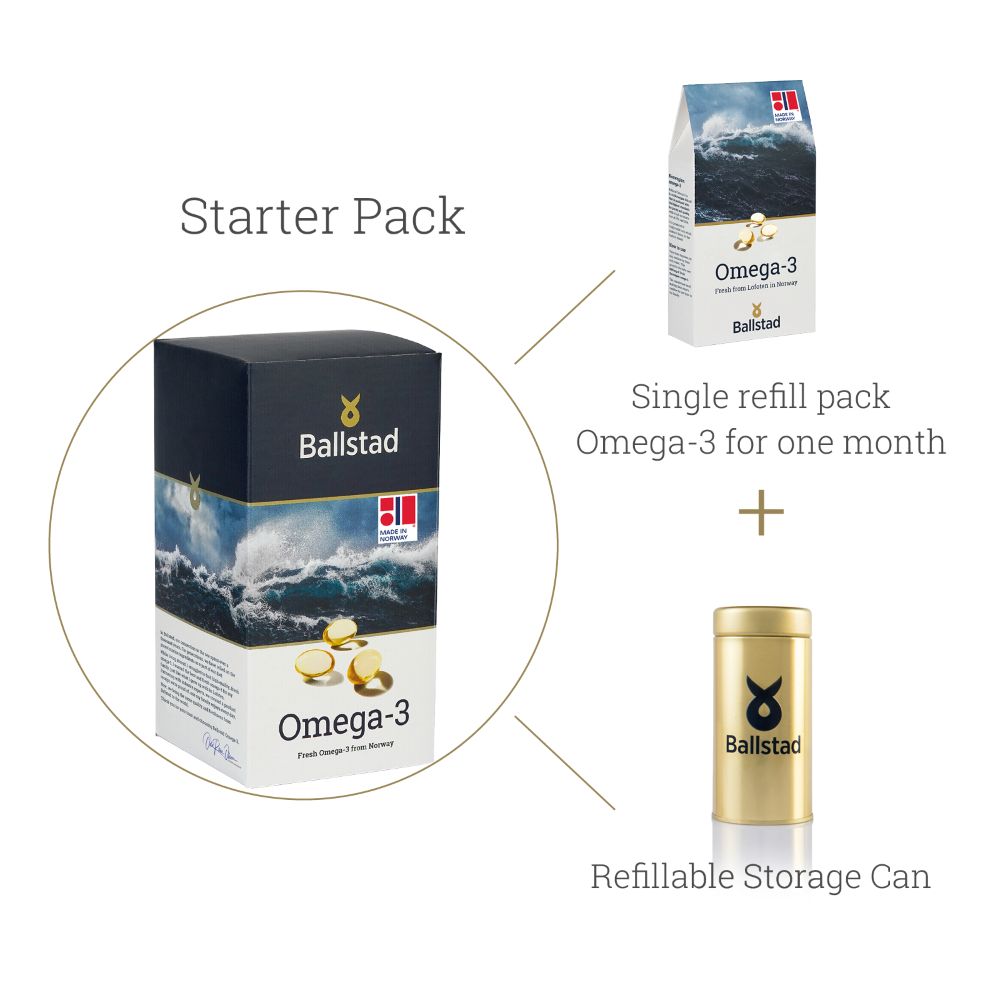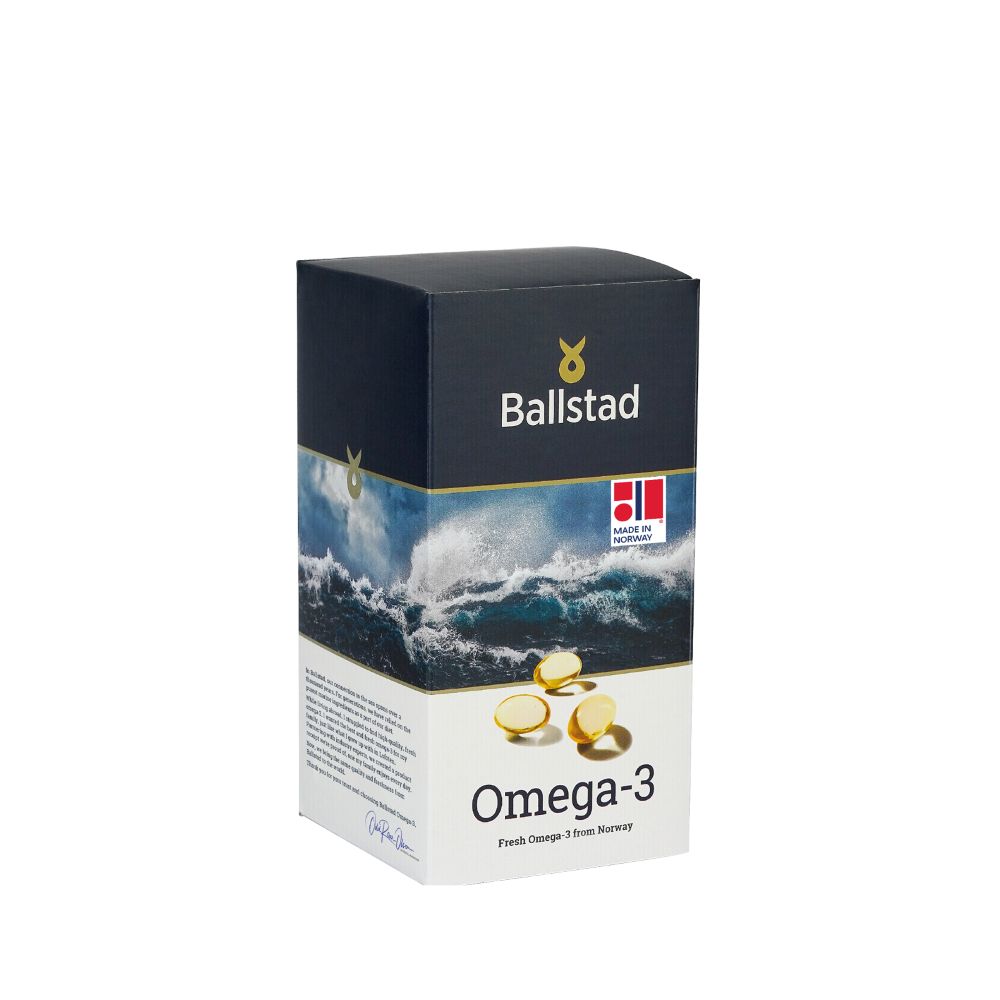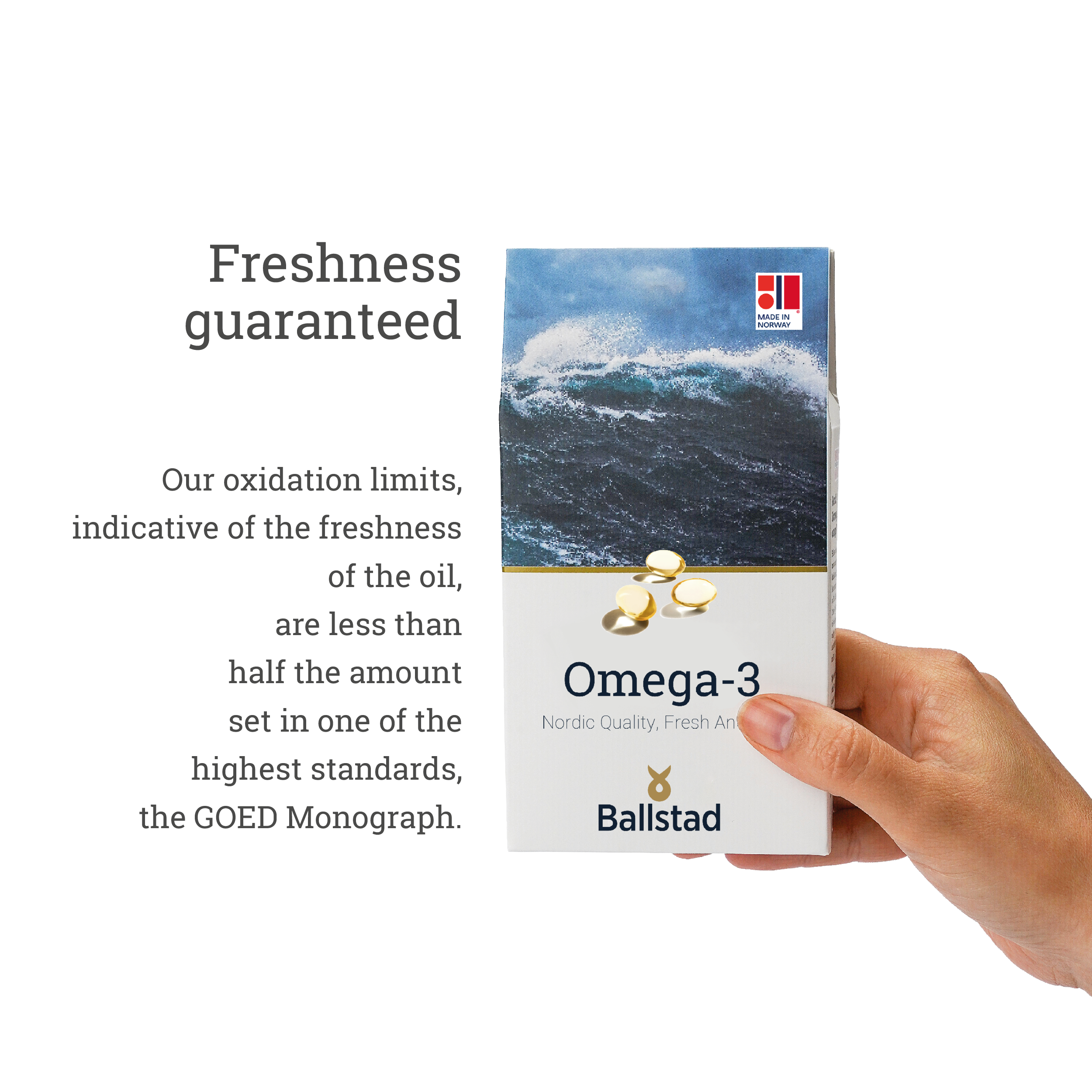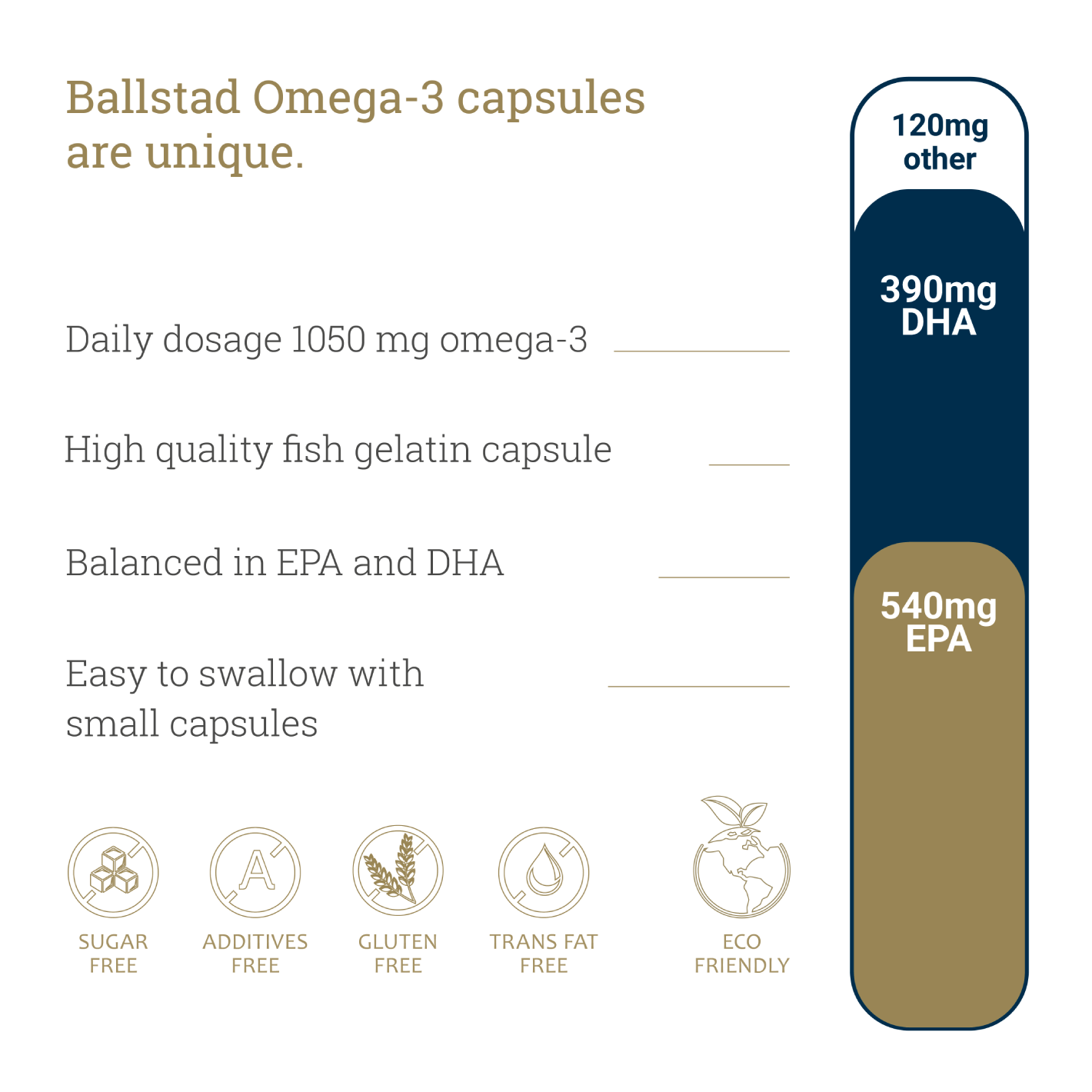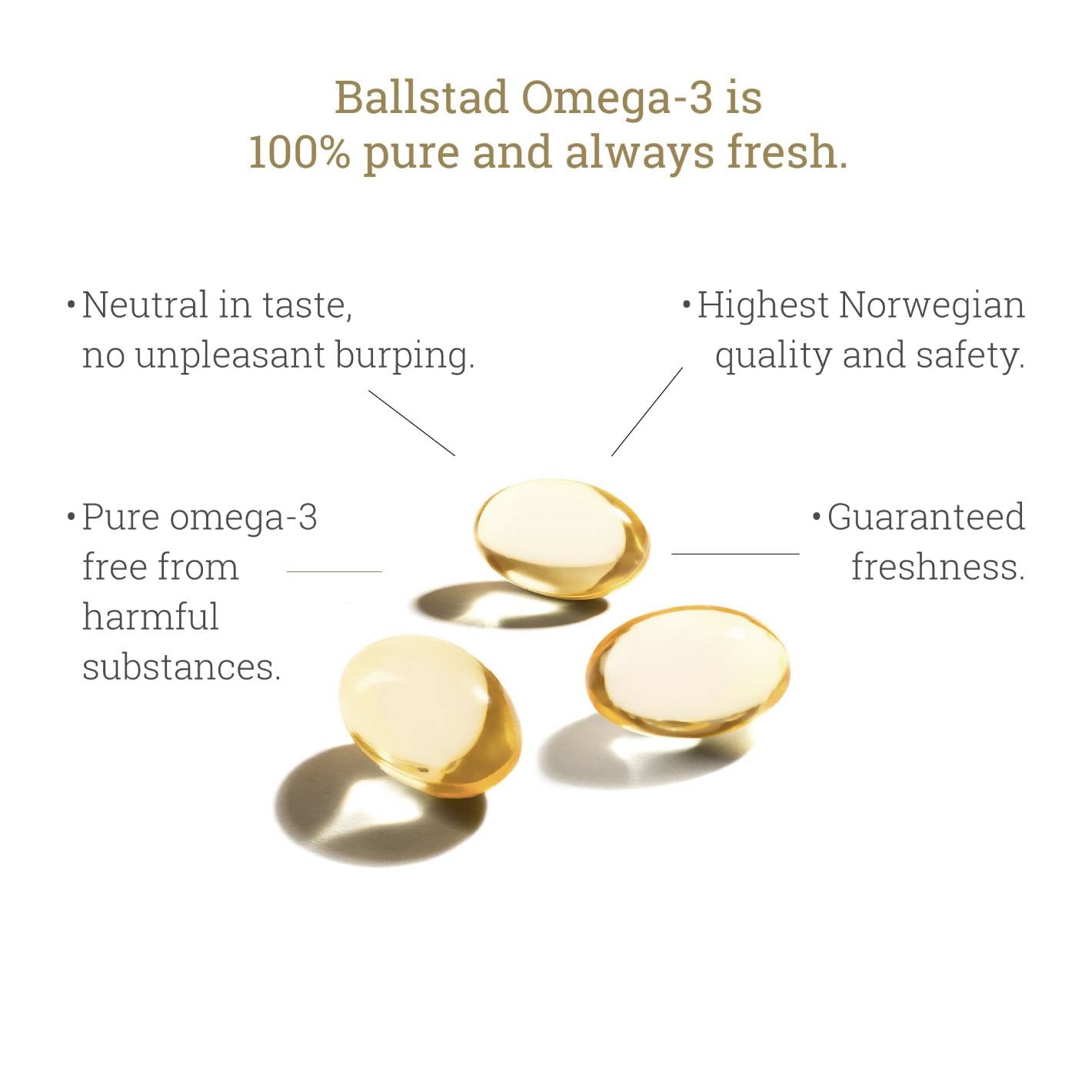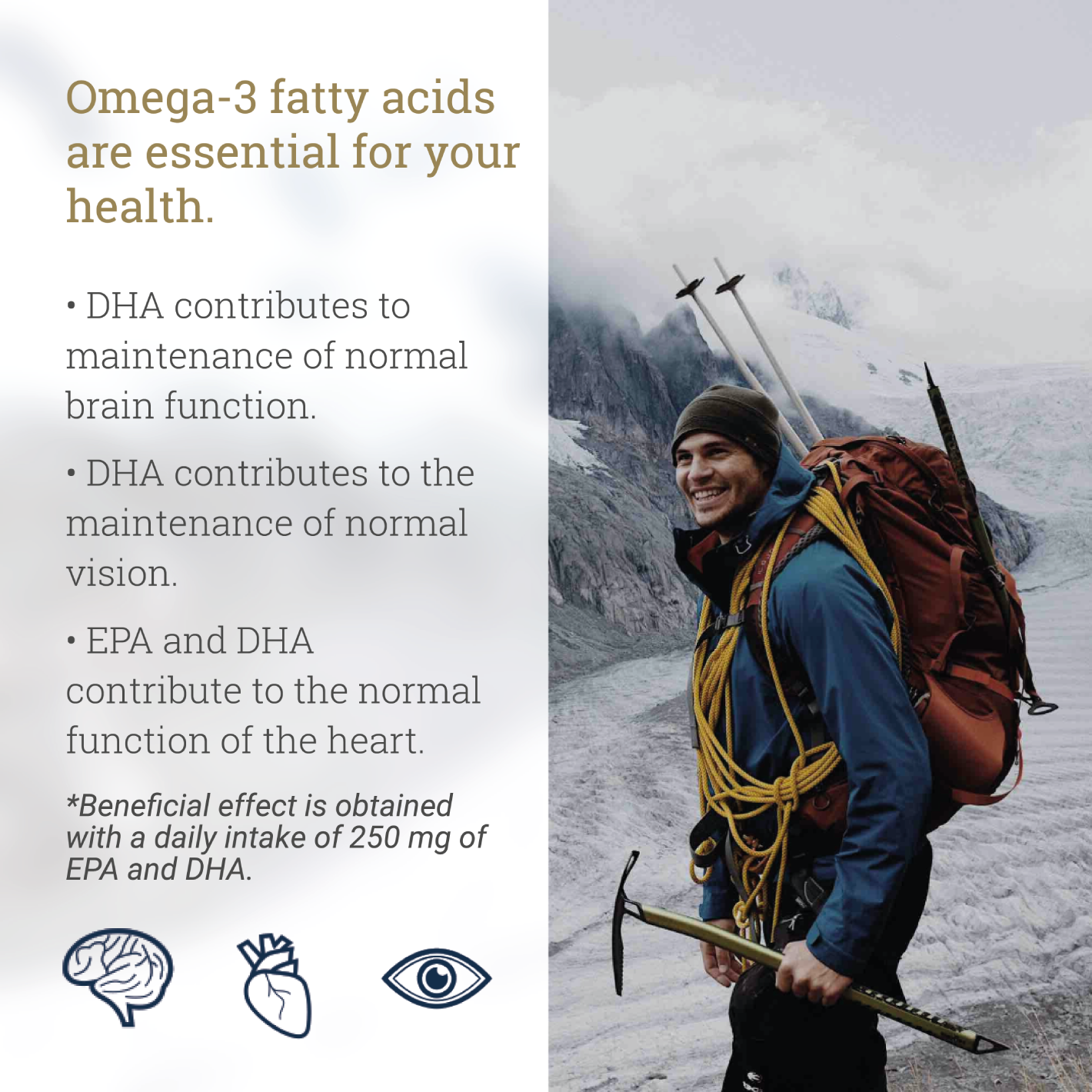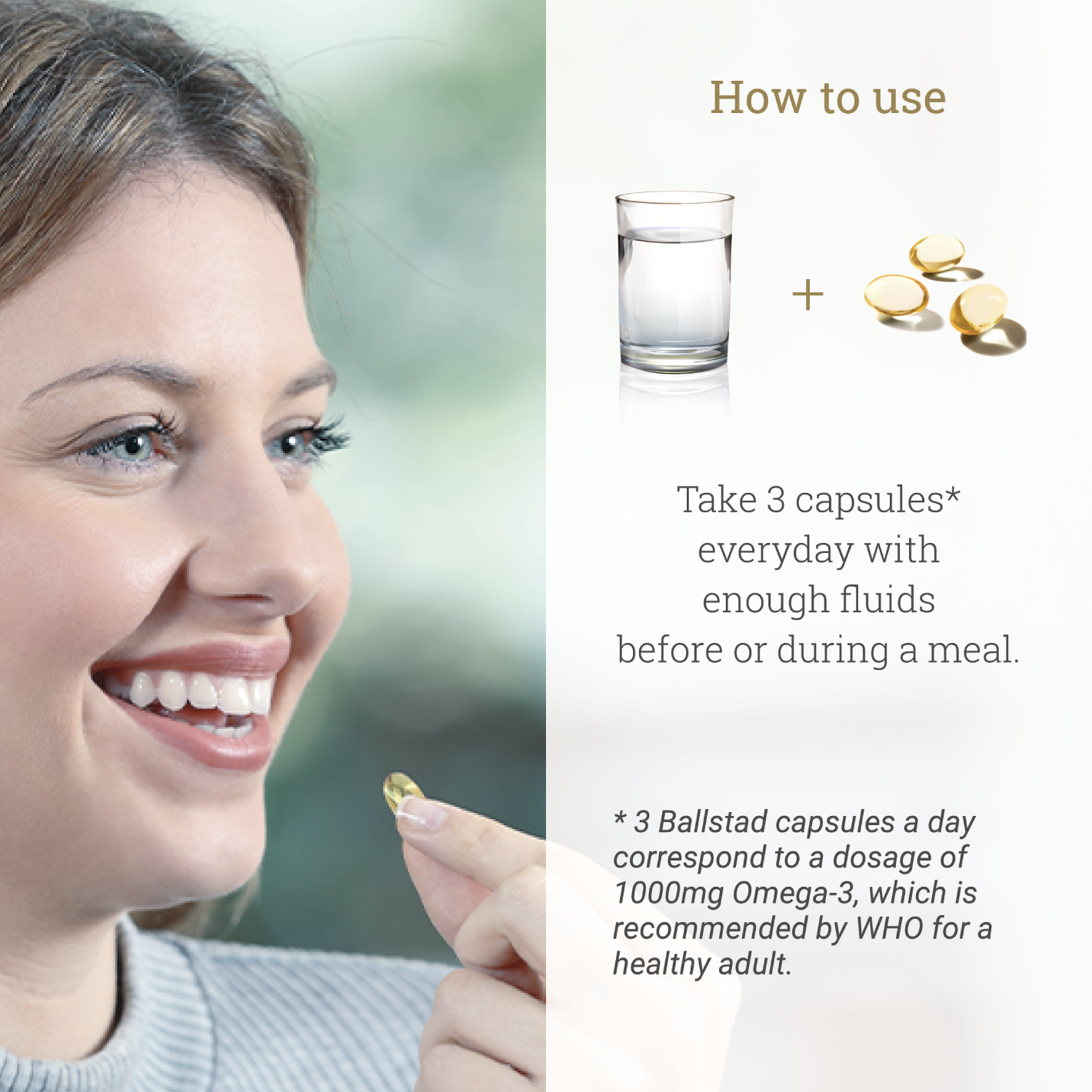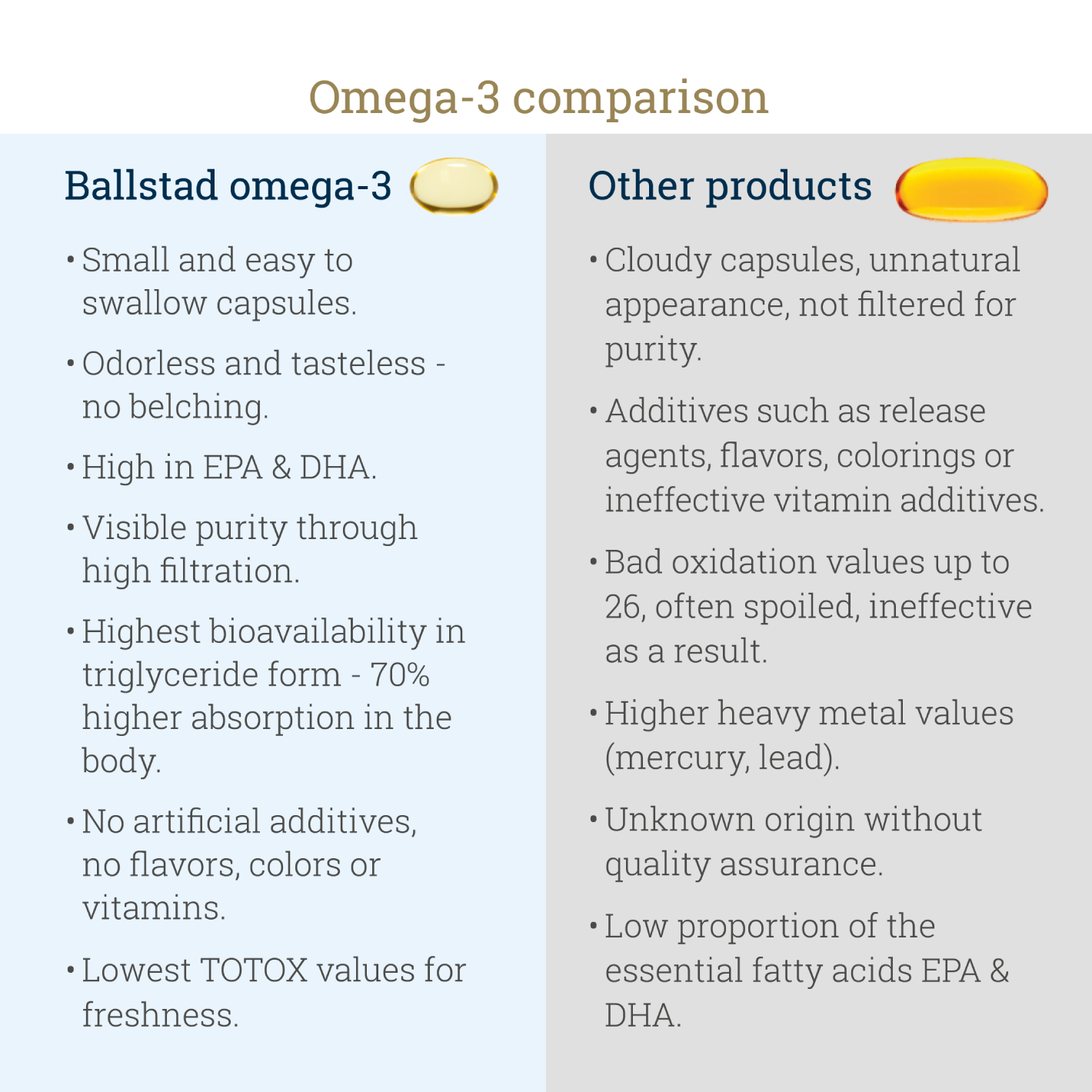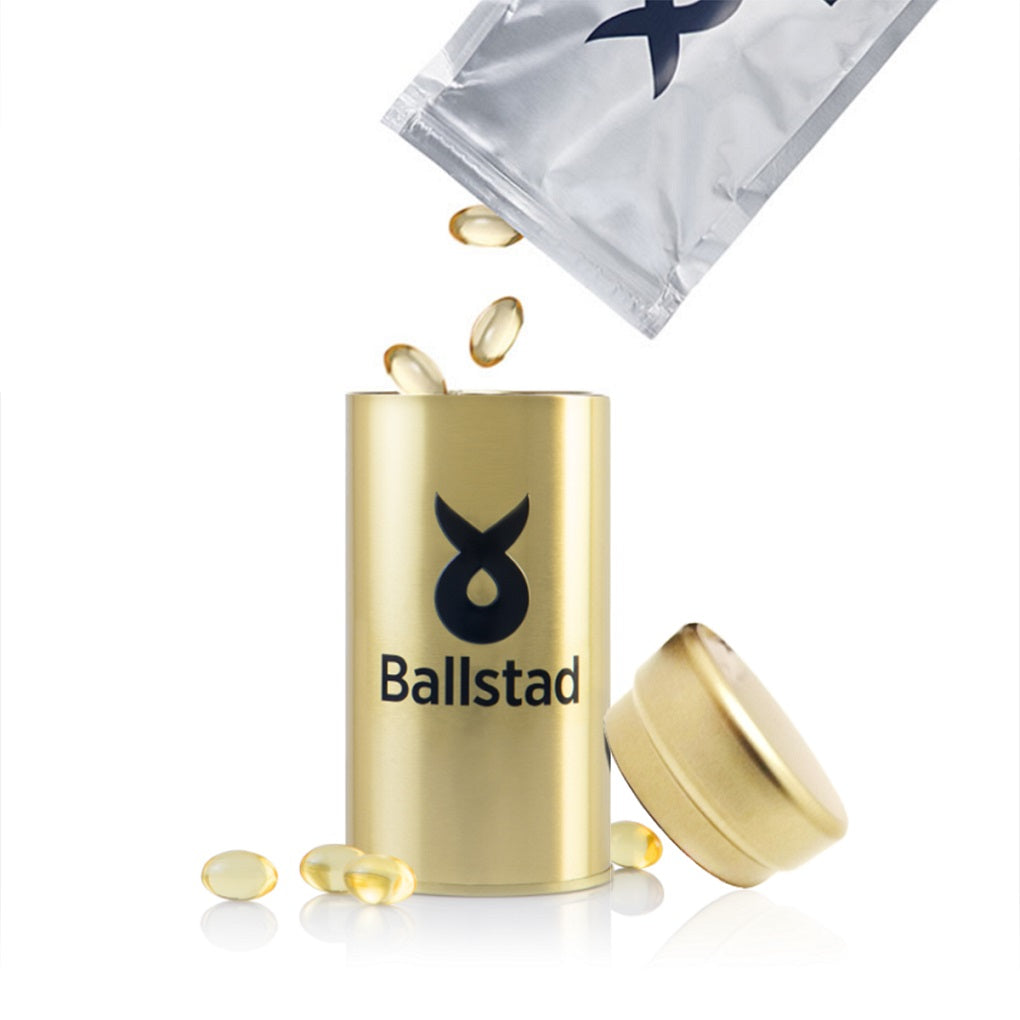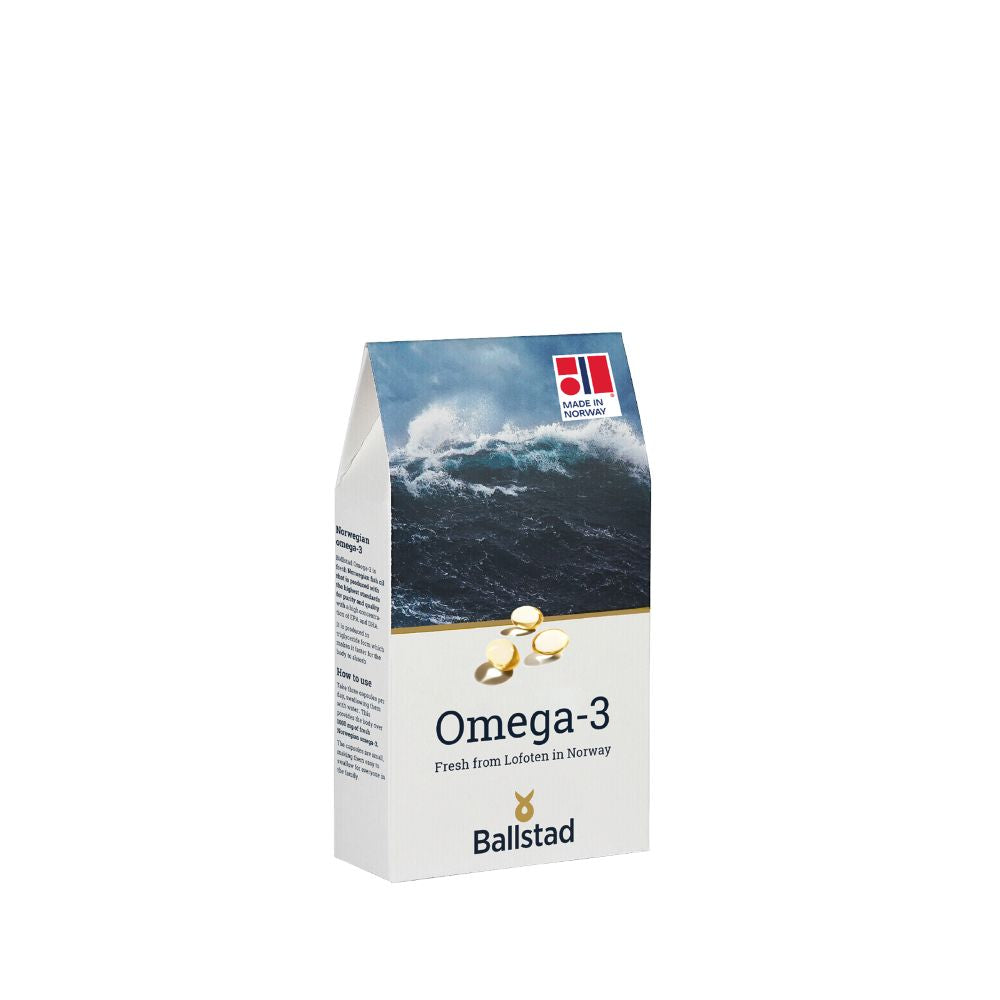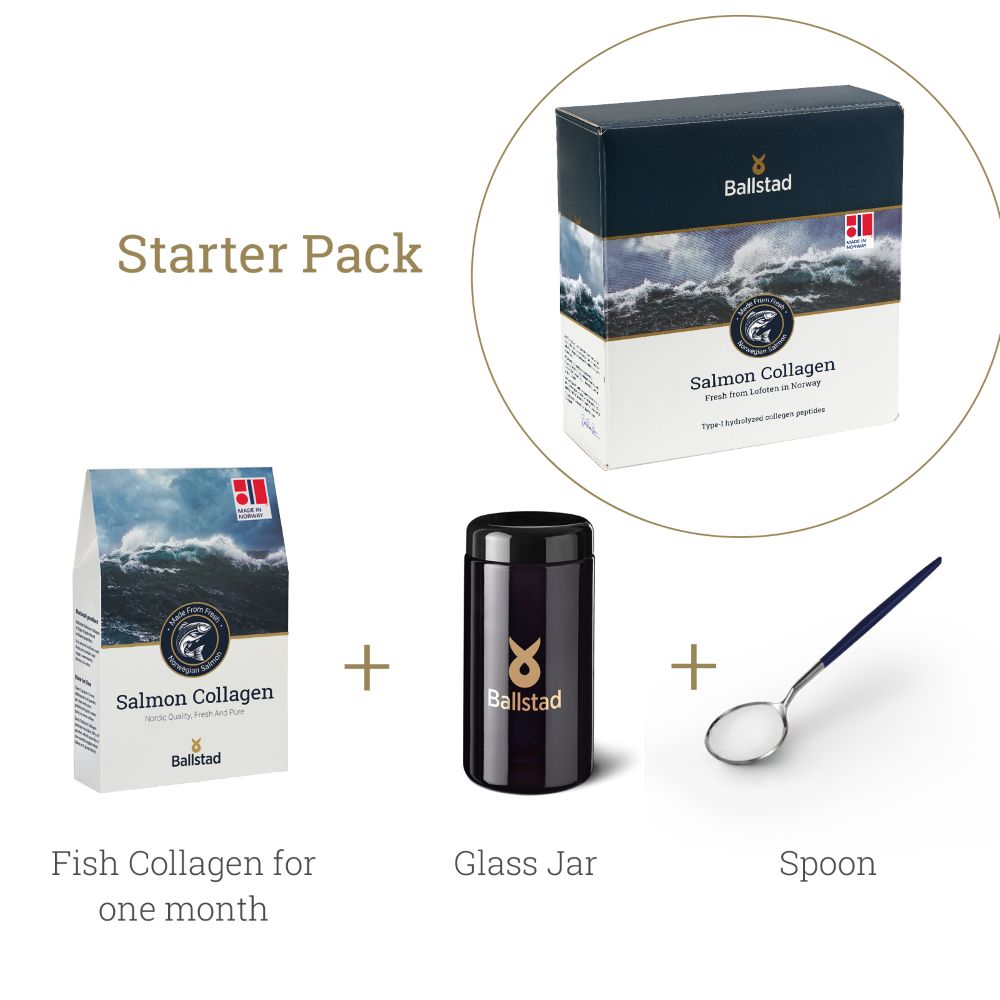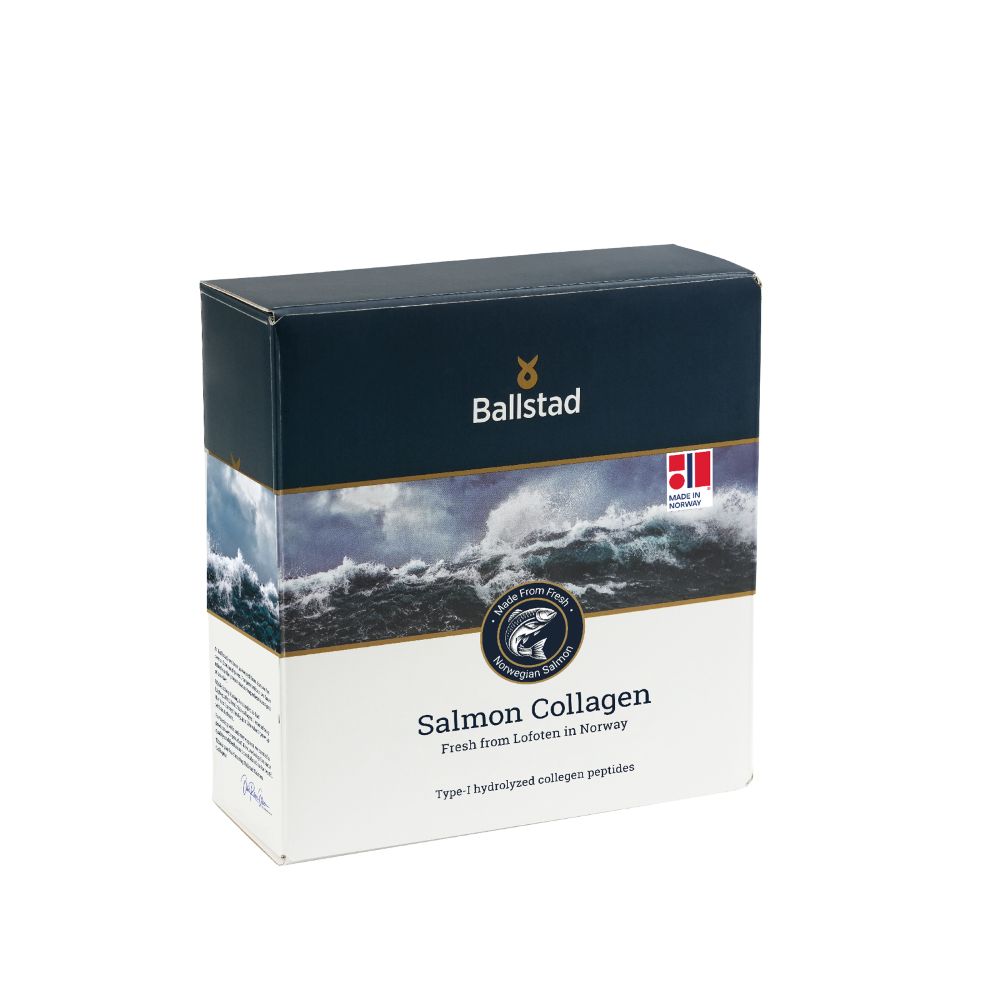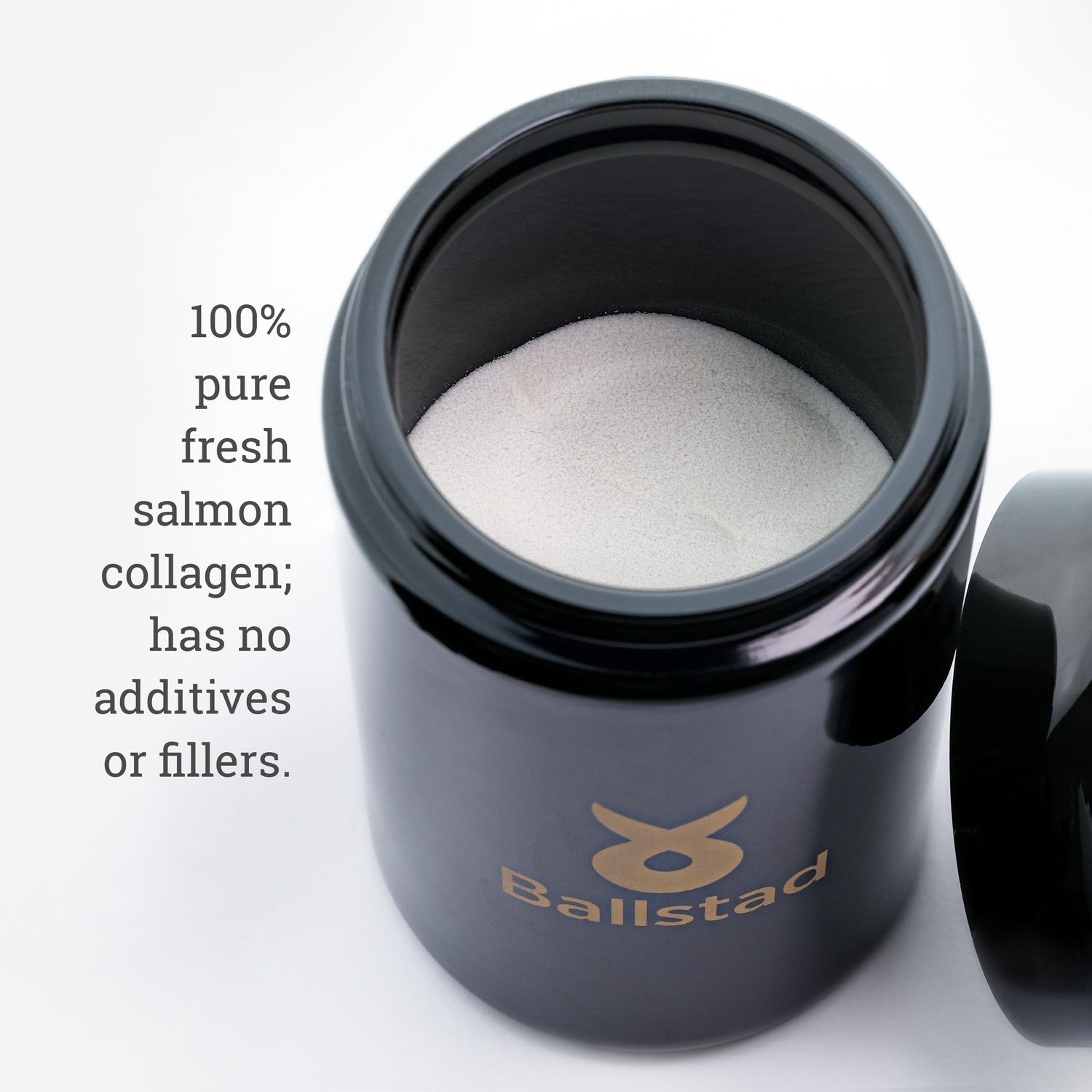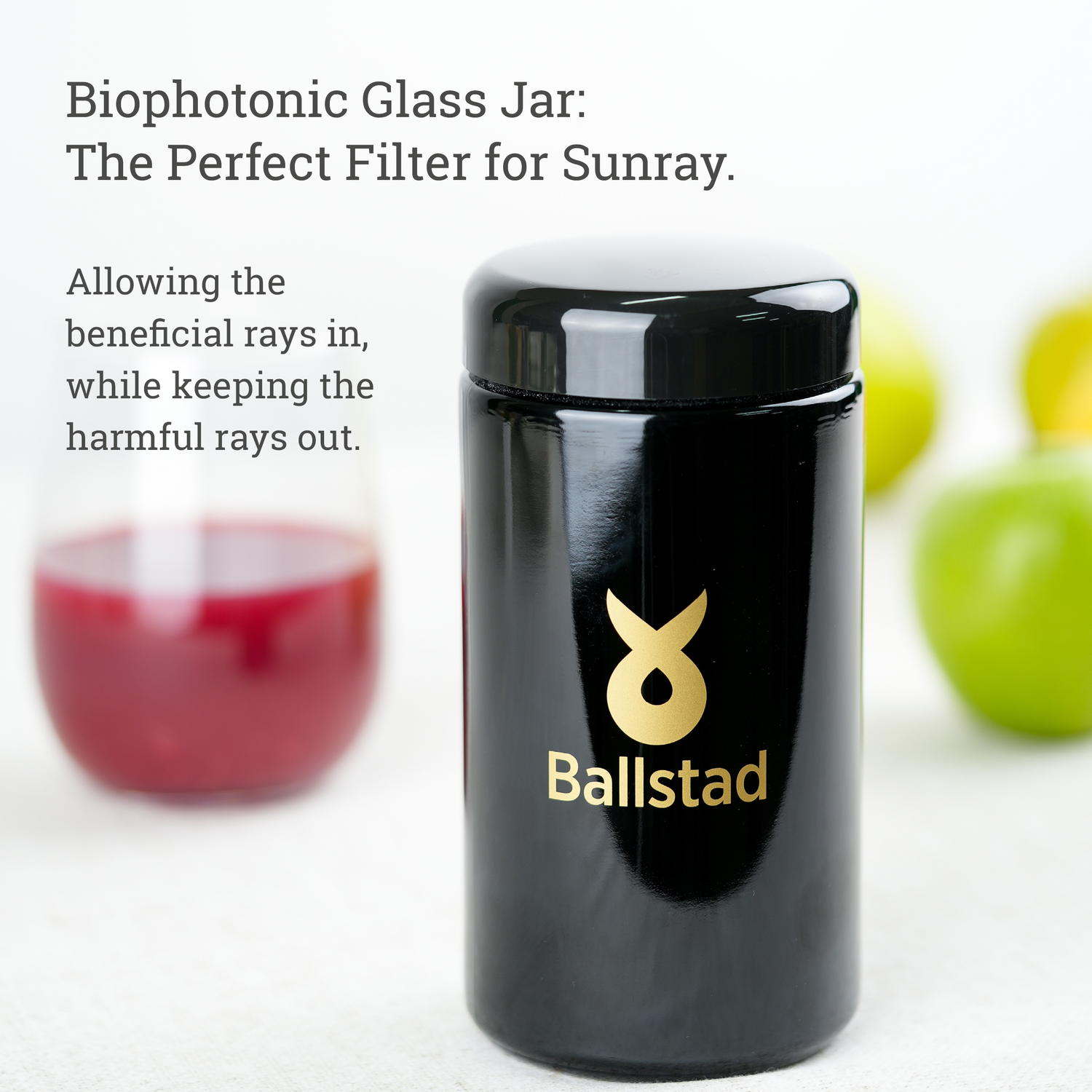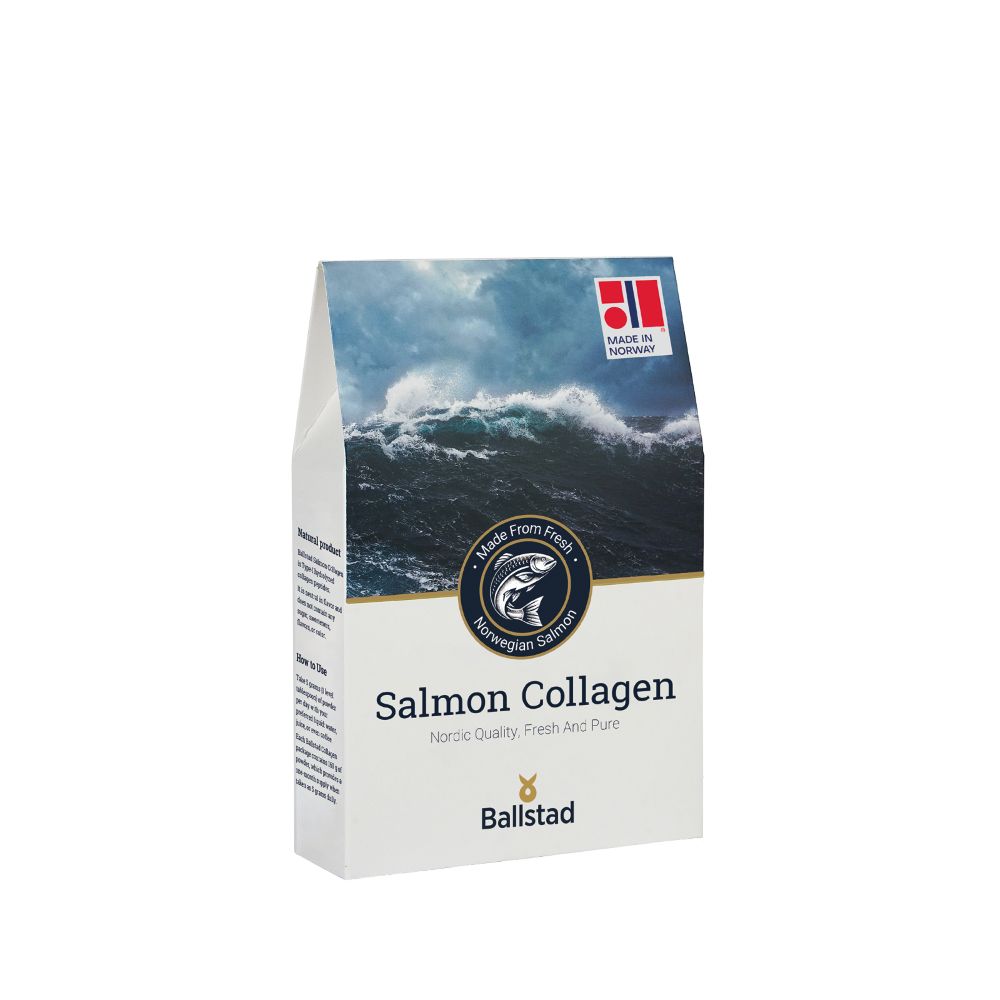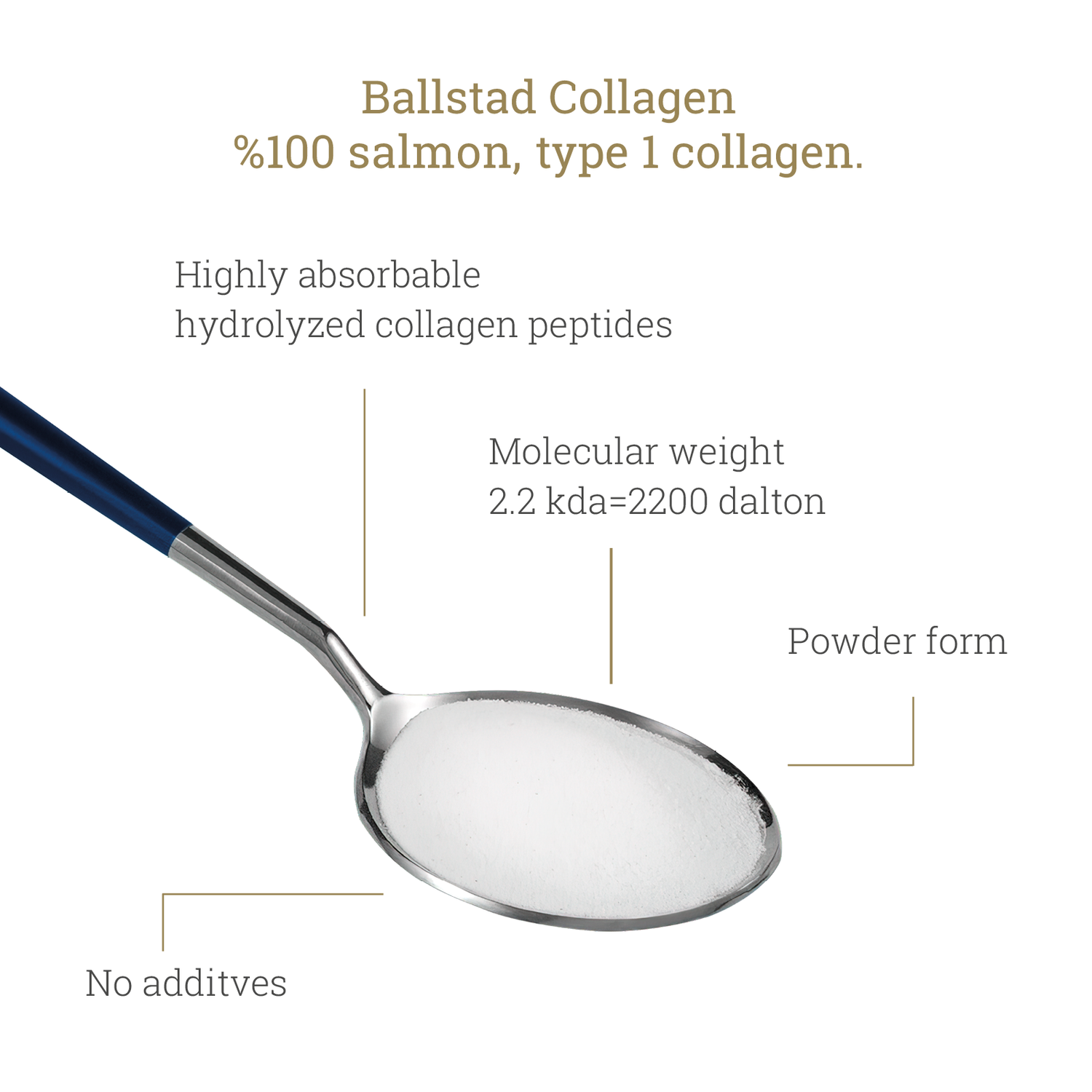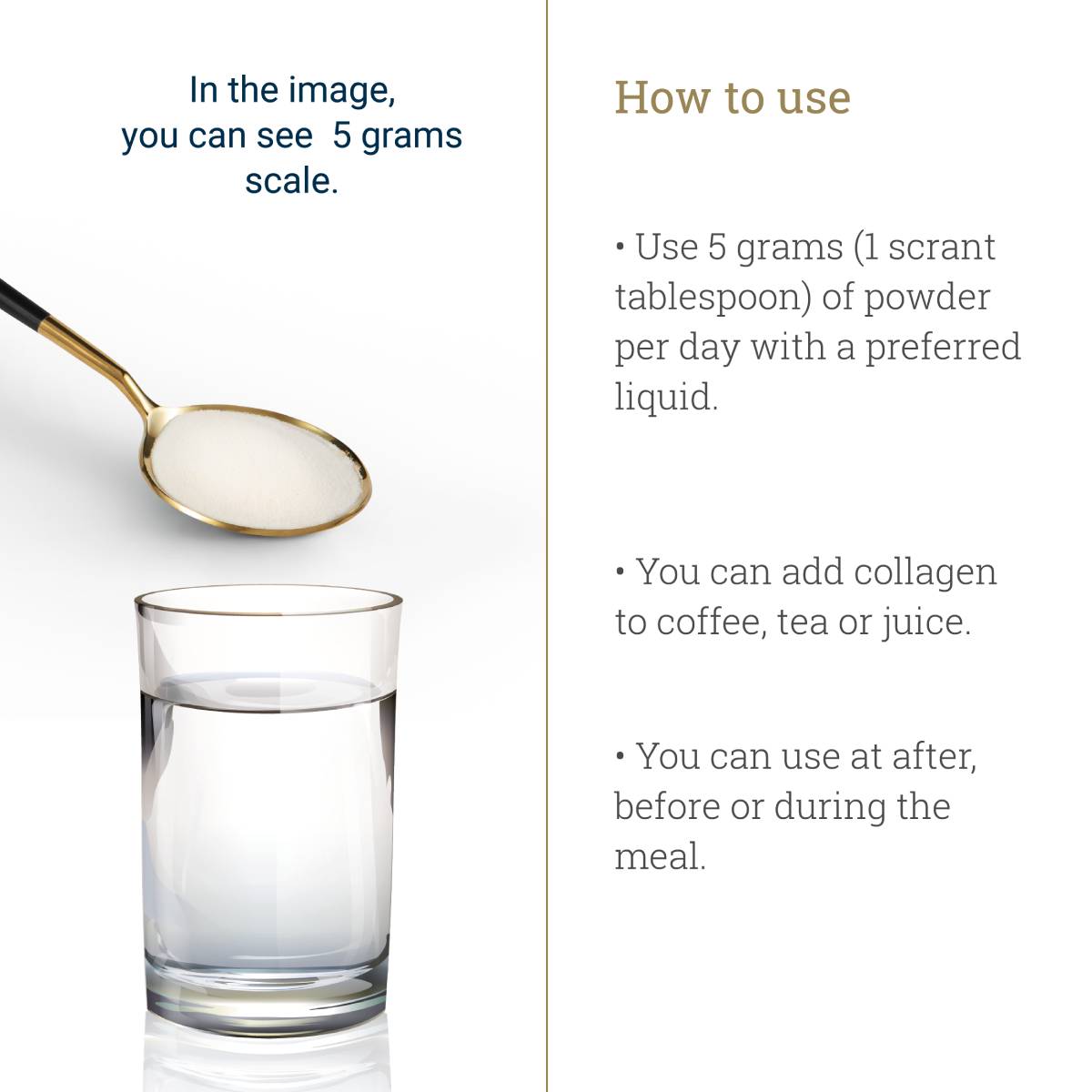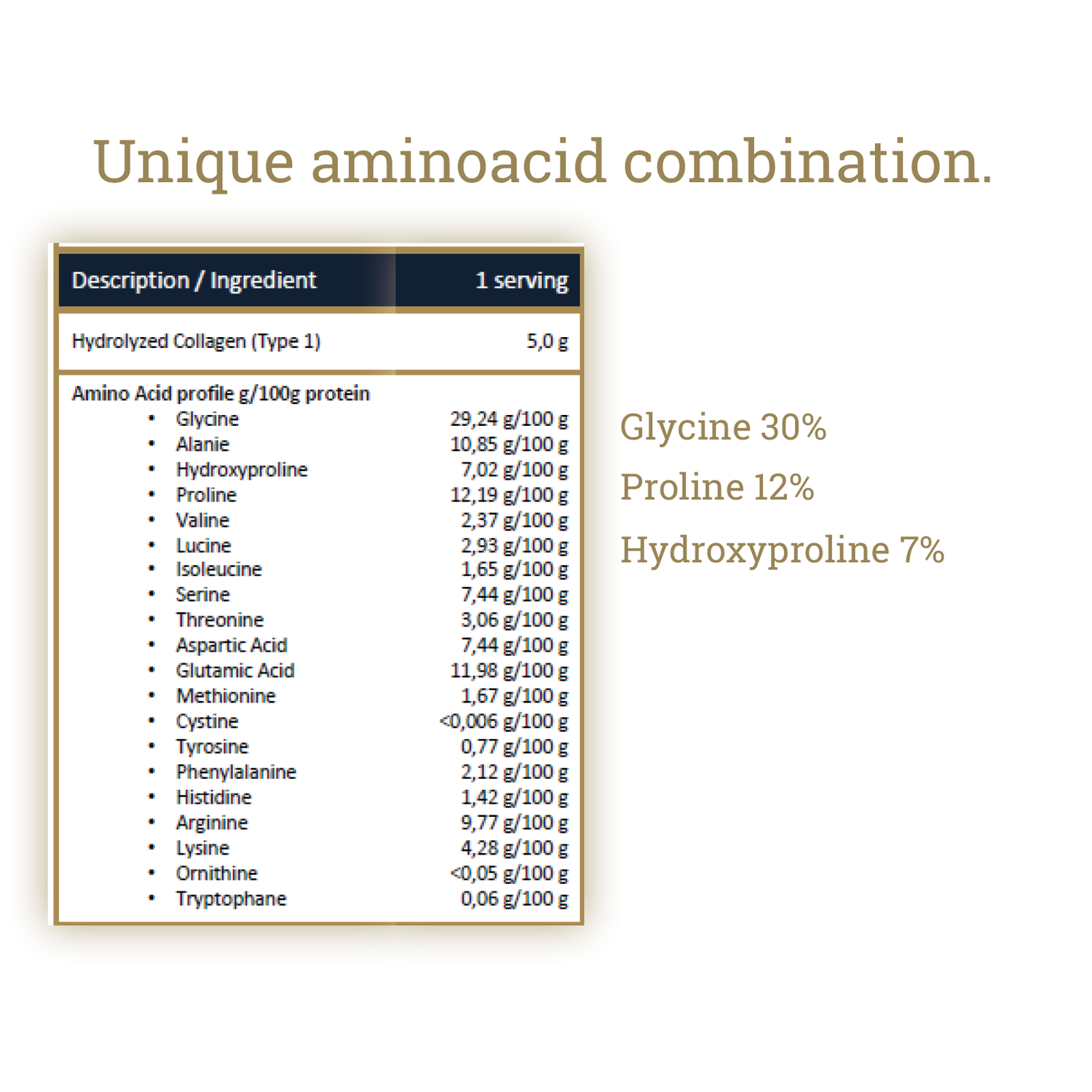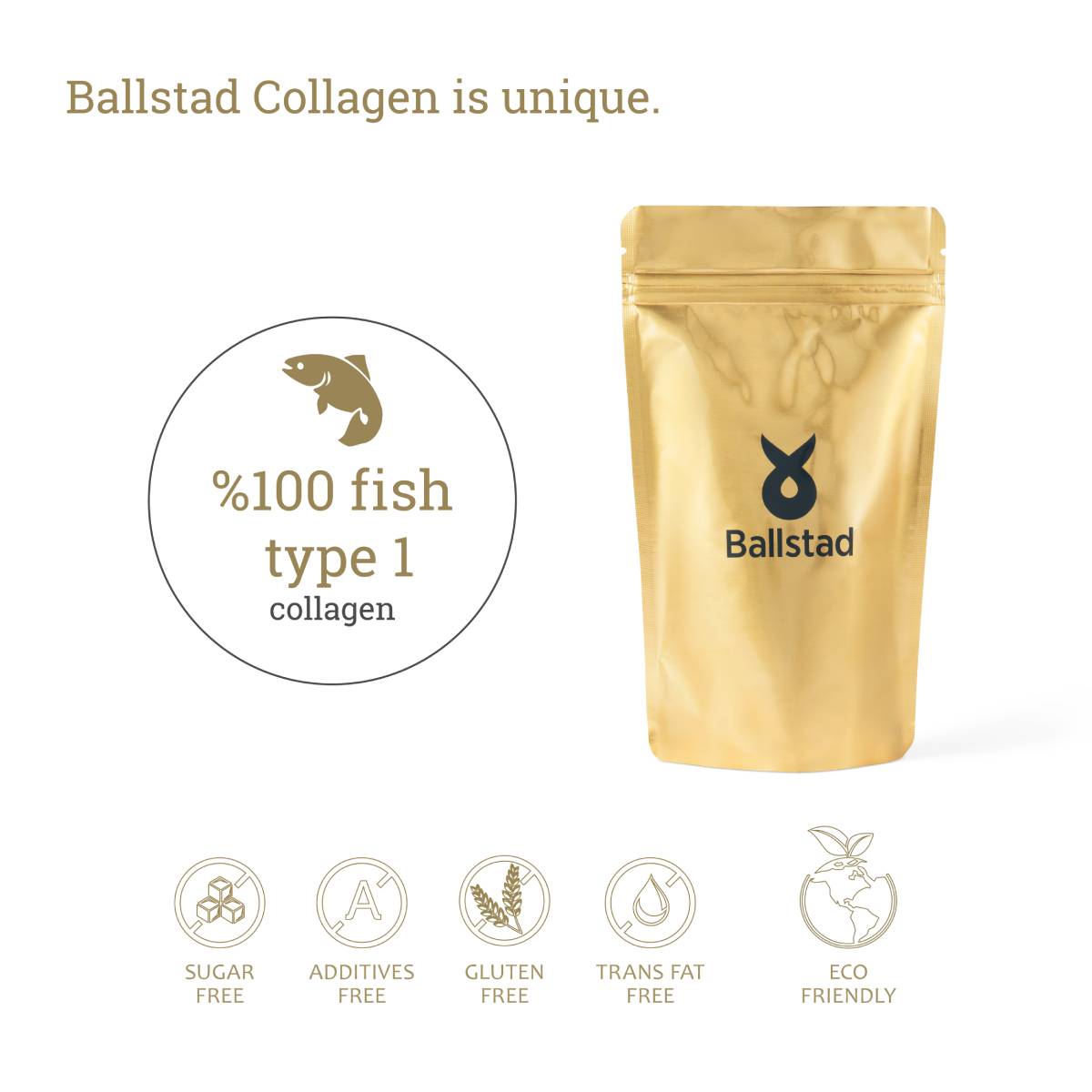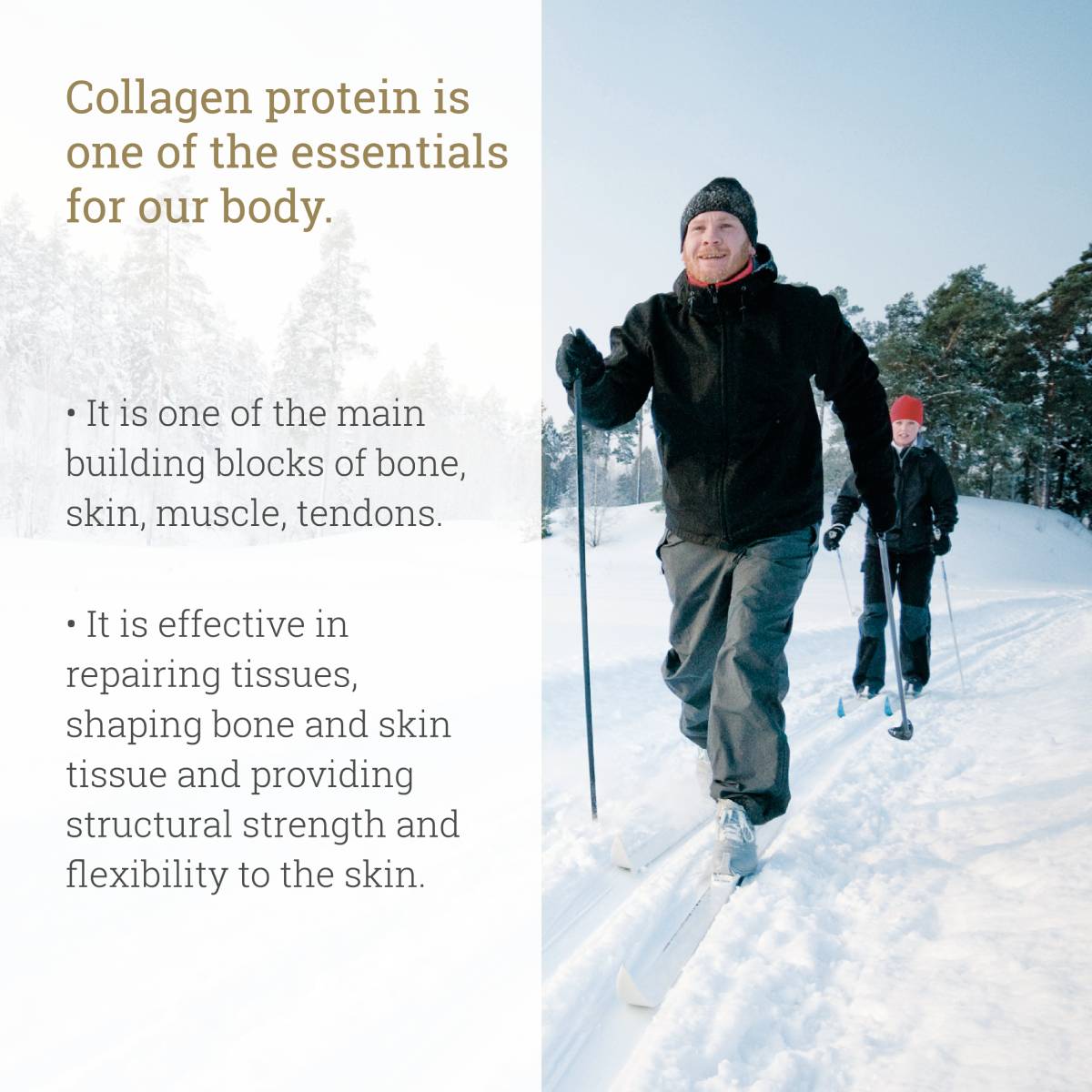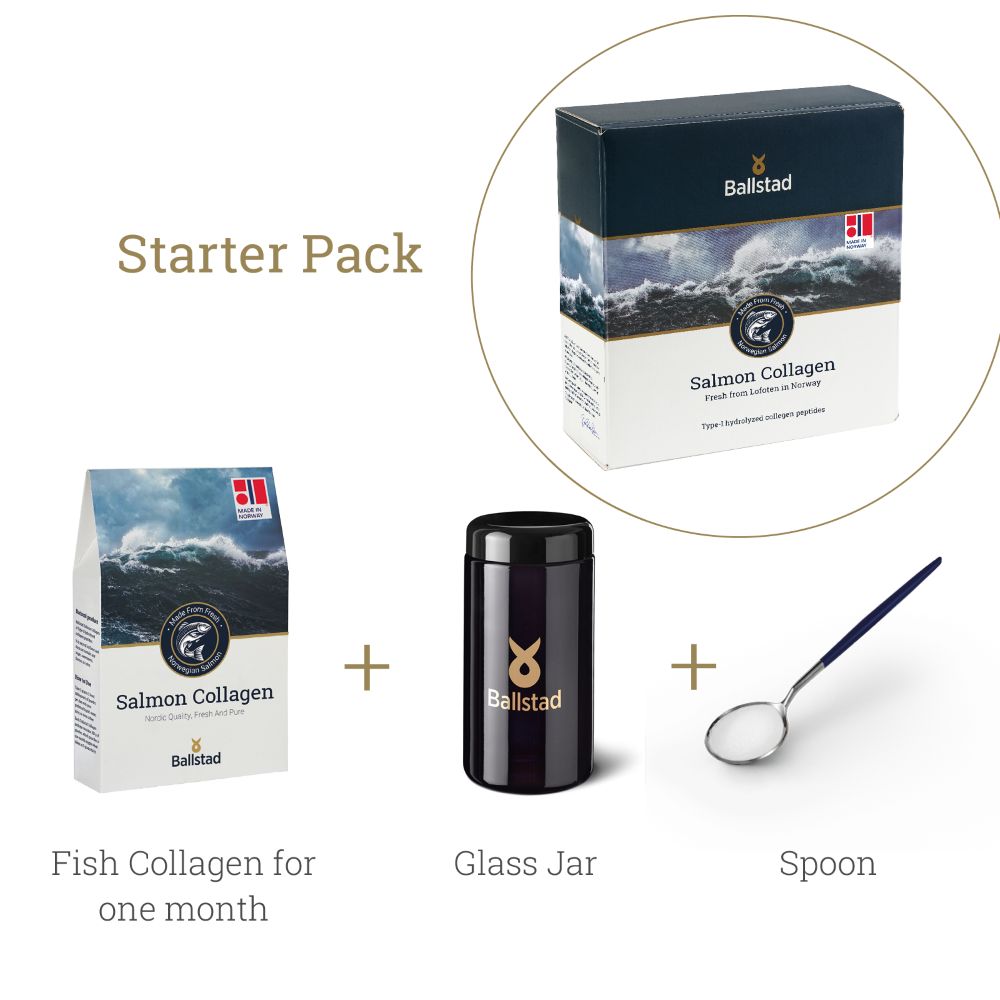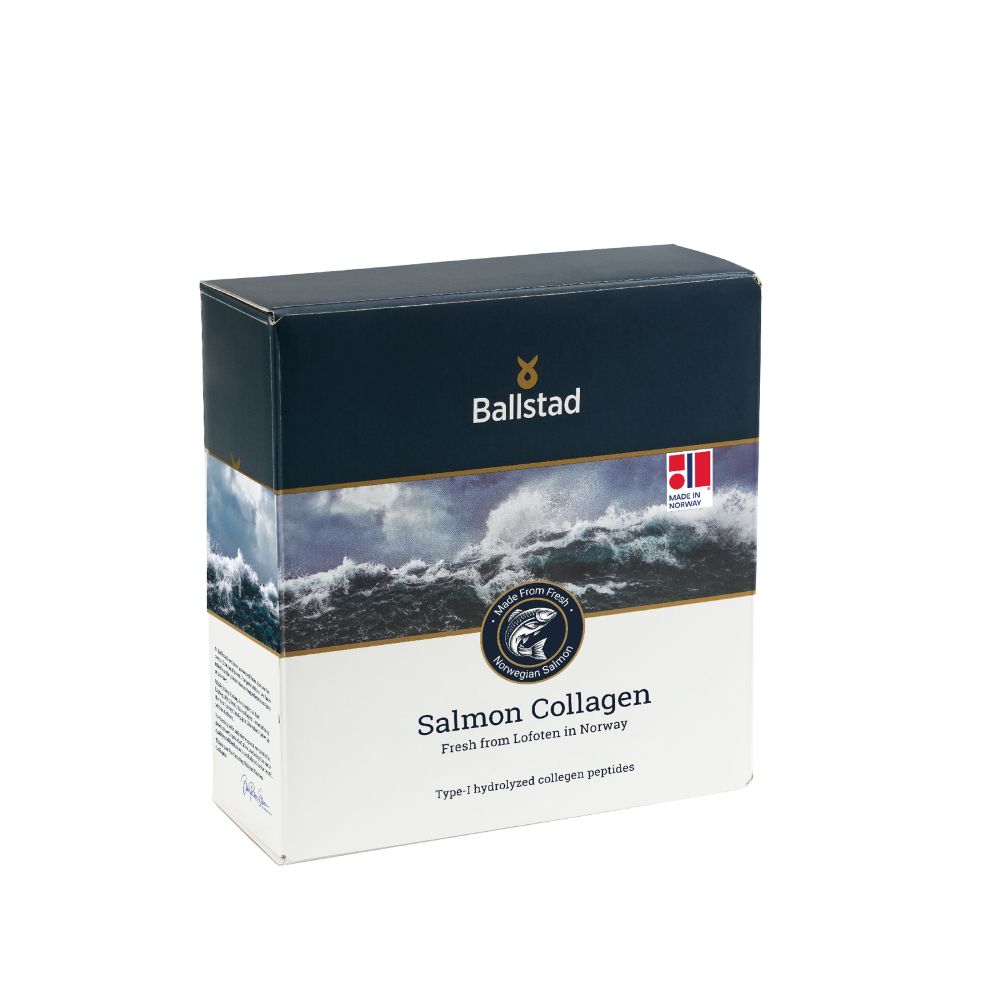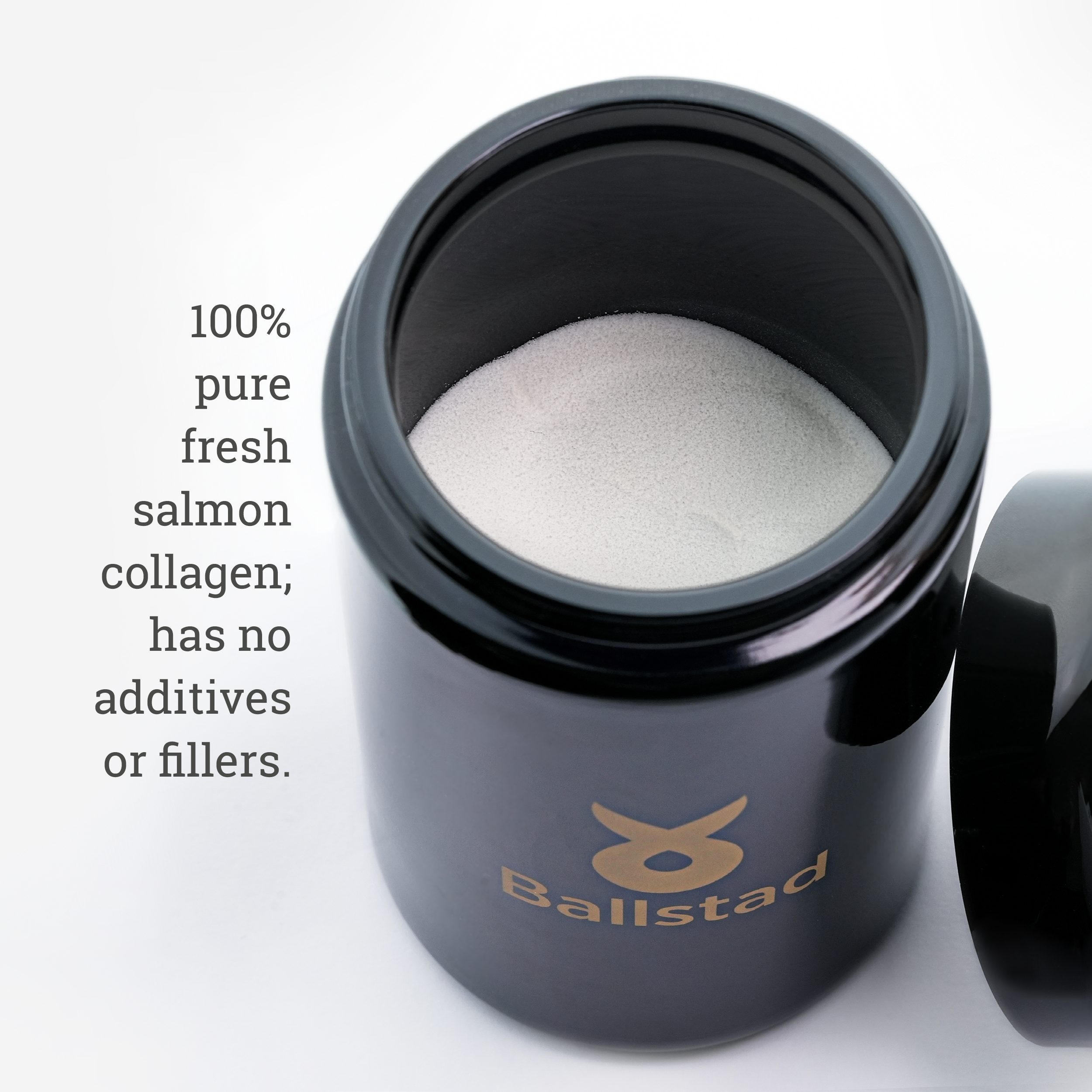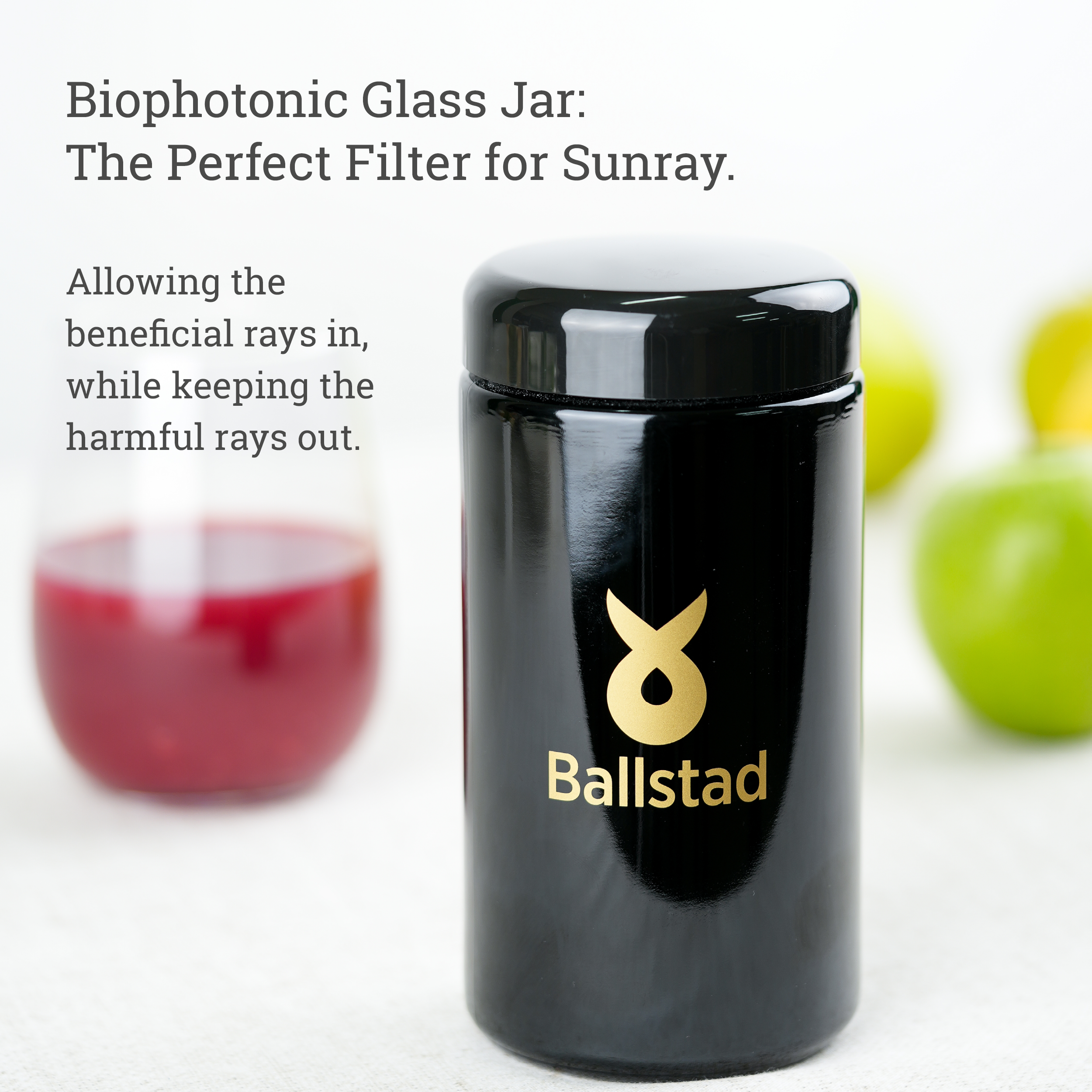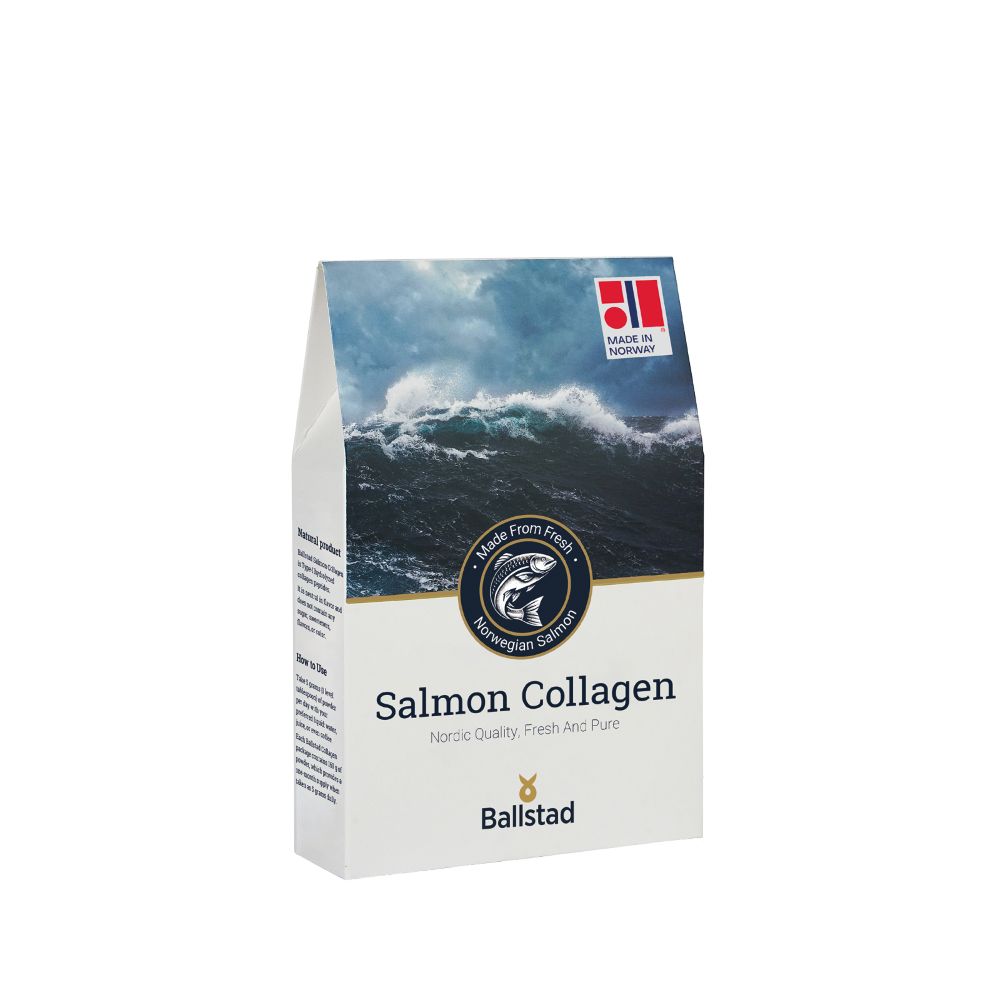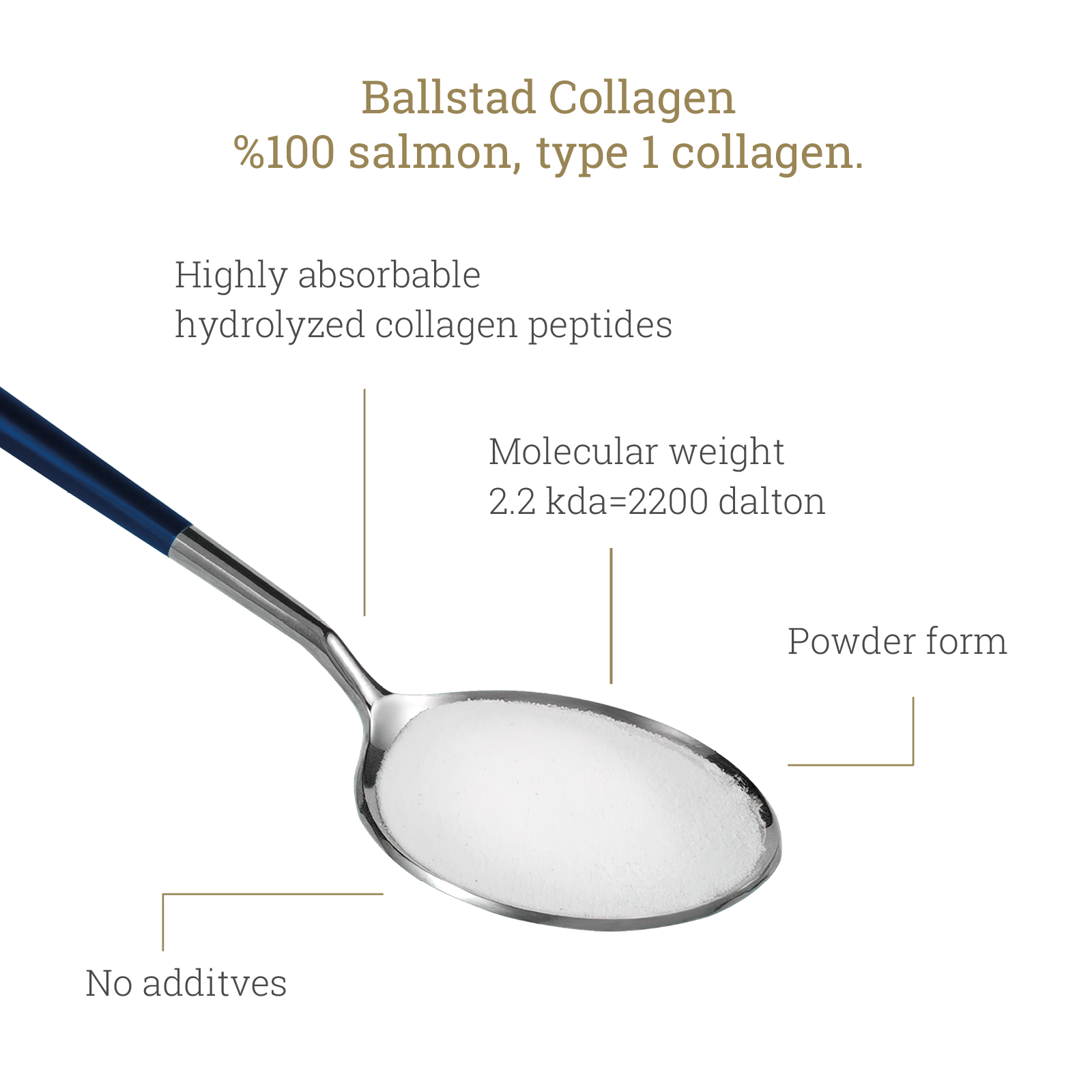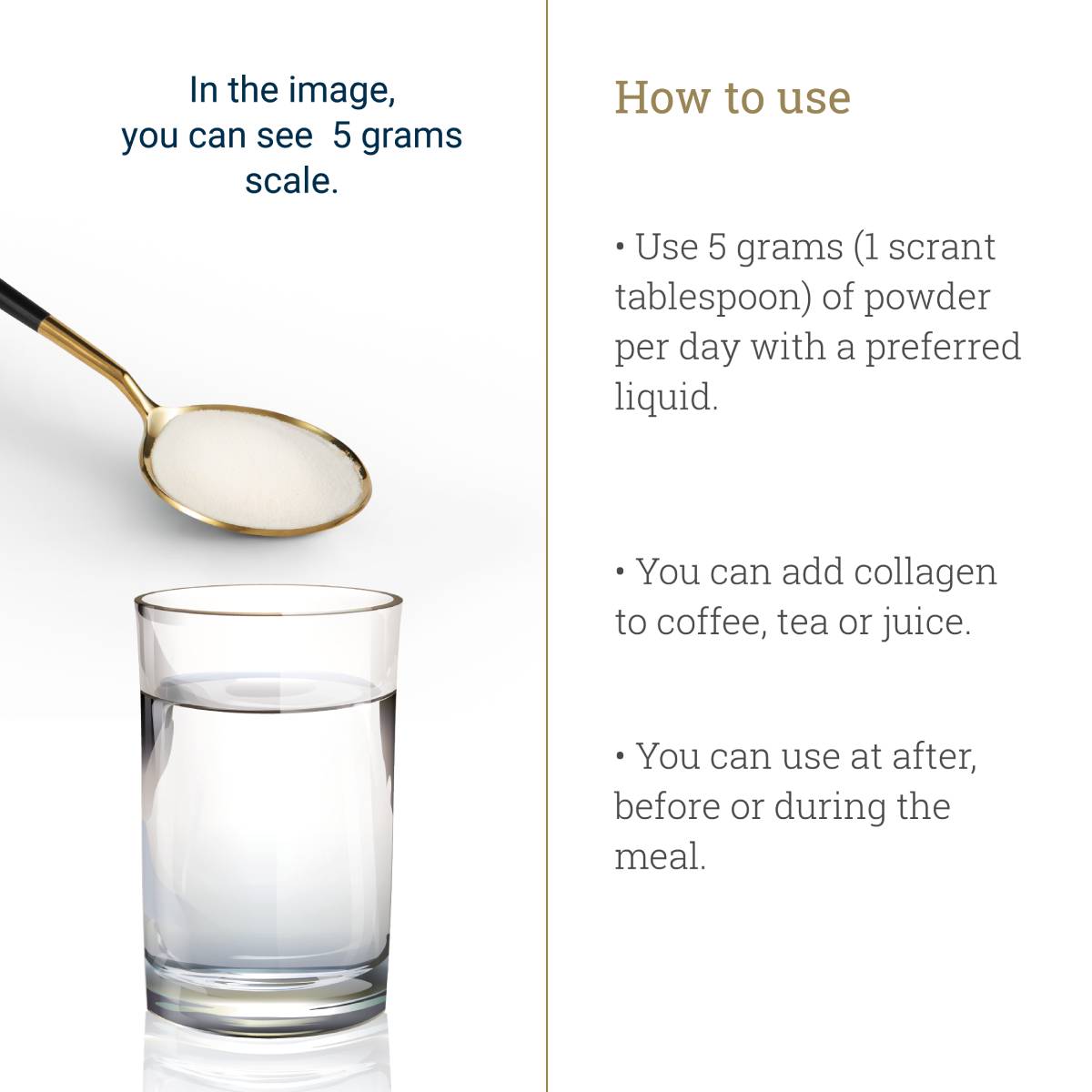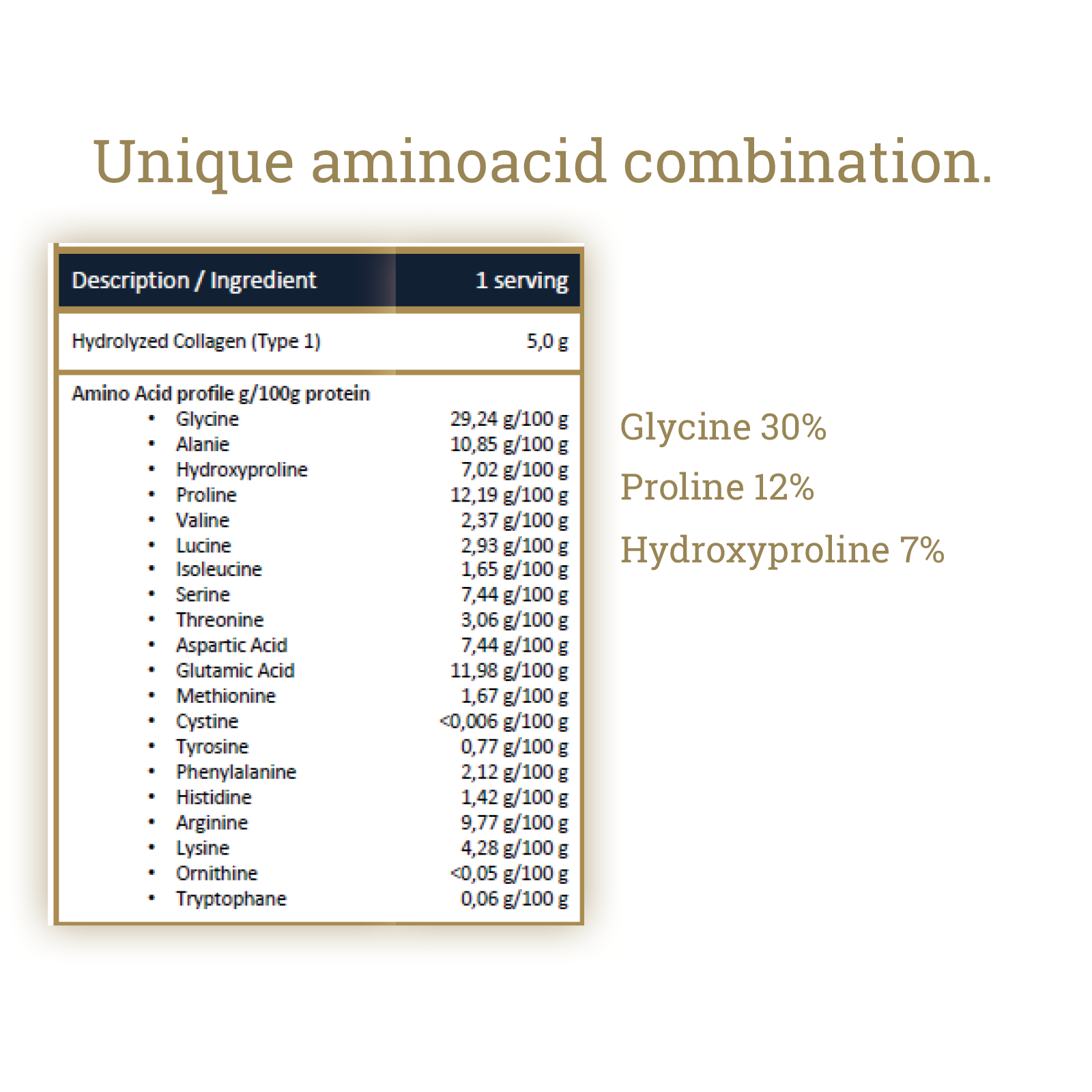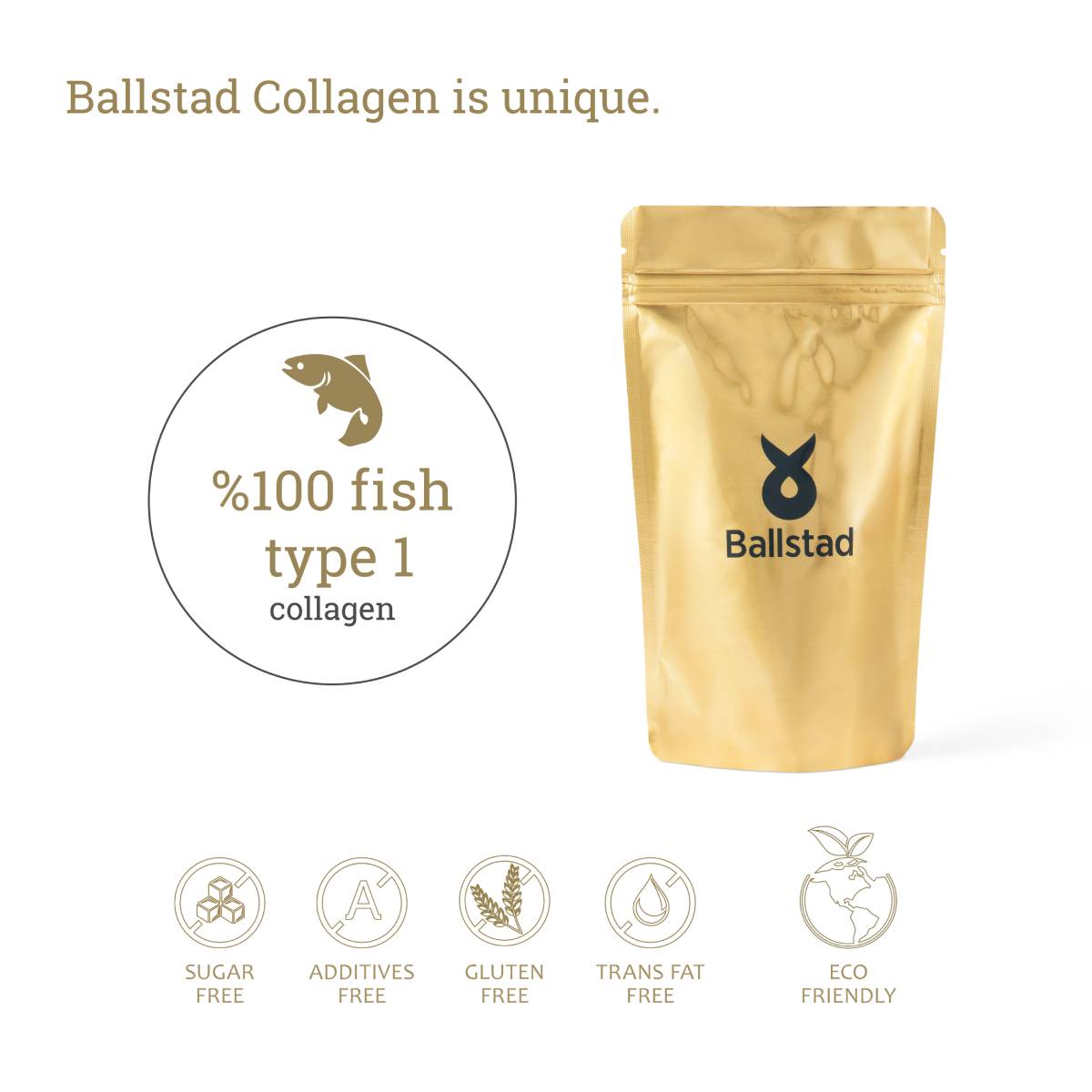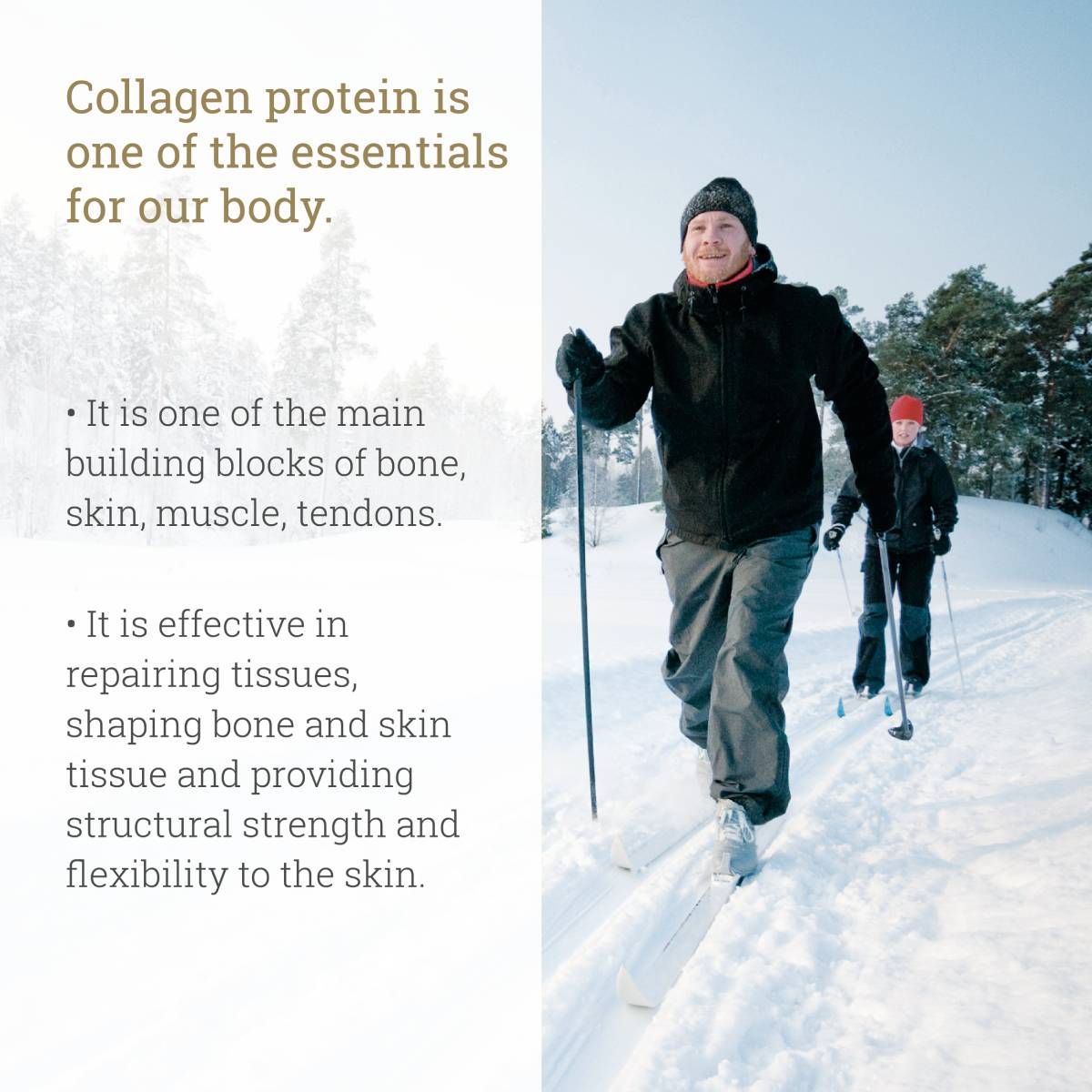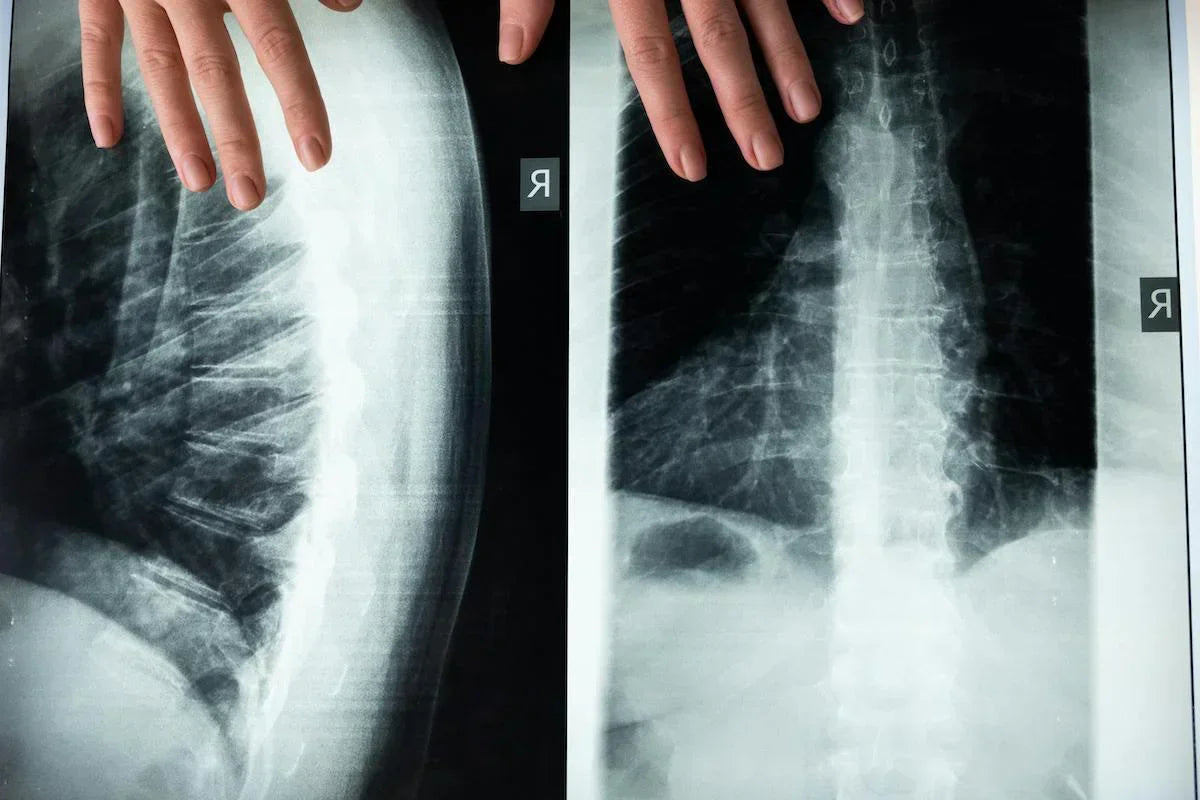Menopause brings one of the most significant hormonal shifts in a woman’s life. As estrogen levels decline, noticeable changes occur in the skin, joints, bones, and overall vitality. While estrogen often takes center stage in this conversation, there’s another key player that deserves attention—collagen.
Collagen is the structural protein that holds skin, bones, and connective tissues together. And after menopause, its natural decline accelerates—impacting both appearance and health in ways that go far beyond wrinkles.
How Menopause Accelerates Collagen Loss
Collagen production naturally decreases with age, but after menopause, the drop is much steeper. Research shows that women can lose up to 30% of their skin’s collagen within the first five years after menopause.
This rapid decline affects more than just skin elasticity. Reduced collagen levels can lead to:
-
Looser skin and more pronounced wrinkles
-
Aching, stiff joints
-
Slower wound healing
-
Weaker hair and nails
-
Increased risk of bone density loss
Because estrogen helps regulate collagen synthesis, lower estrogen means the body struggles to maintain its collagen network—leaving both beauty and health affected.
Why Collagen Is Critical for Skin, Joints, and Bones
Collagen fibers act as a framework for skin, giving it elasticity and firmness, while also cushioning joints and forming the foundation of strong bones.
When collagen diminishes:
-
Skin loses firmness and hydration
-
Joints become less mobile and more uncomfortable
-
Bones weaken, increasing the risk of osteopenia and osteoporosis
This makes collagen support especially important for postmenopausal women who want to maintain not just appearance but overall resilience and mobility.
How Collagen Supplementation Helps After Menopause
The good news is that consistent supplementation with high-quality collagen peptides can help offset this decline. Studies suggest that taking collagen daily may:
-
Improve skin hydration, elasticity, and density
-
Reduce visible wrinkles and sagging
-
Support joint flexibility and comfort
-
Help maintain bone mineral density
-
Strengthen hair and nails that often weaken post-menopause
For maximum effectiveness, choose bioavailable collagen peptides—forms that have been broken down for easier absorption.
Why Marine Collagen Is the Smartest Choice
Among collagen sources, marine collagen (from fish) stands out for its superior bioavailability. Its smaller peptides are absorbed more efficiently, and its natural Type I collagen content makes it particularly effective for skin, bone, and connective tissue support.
-
Rich in Type I collagen for skin and bone health
-
Sustainably sourced from wild salmon in Norway
-
Tasteless, odorless, and easy to add to coffee, smoothies, or water
-
Designed for maximum absorption and daily use
Aging Gracefully with Collagen Support
Menopause doesn’t have to mean giving up on vitality. By supporting your body with the right nutrients, you can maintain strength, mobility, and radiance from within.
Supplementing with collagen during and after menopause isn’t about turning back the clock—it’s about staying strong, confident, and vibrant at every stage of life.


